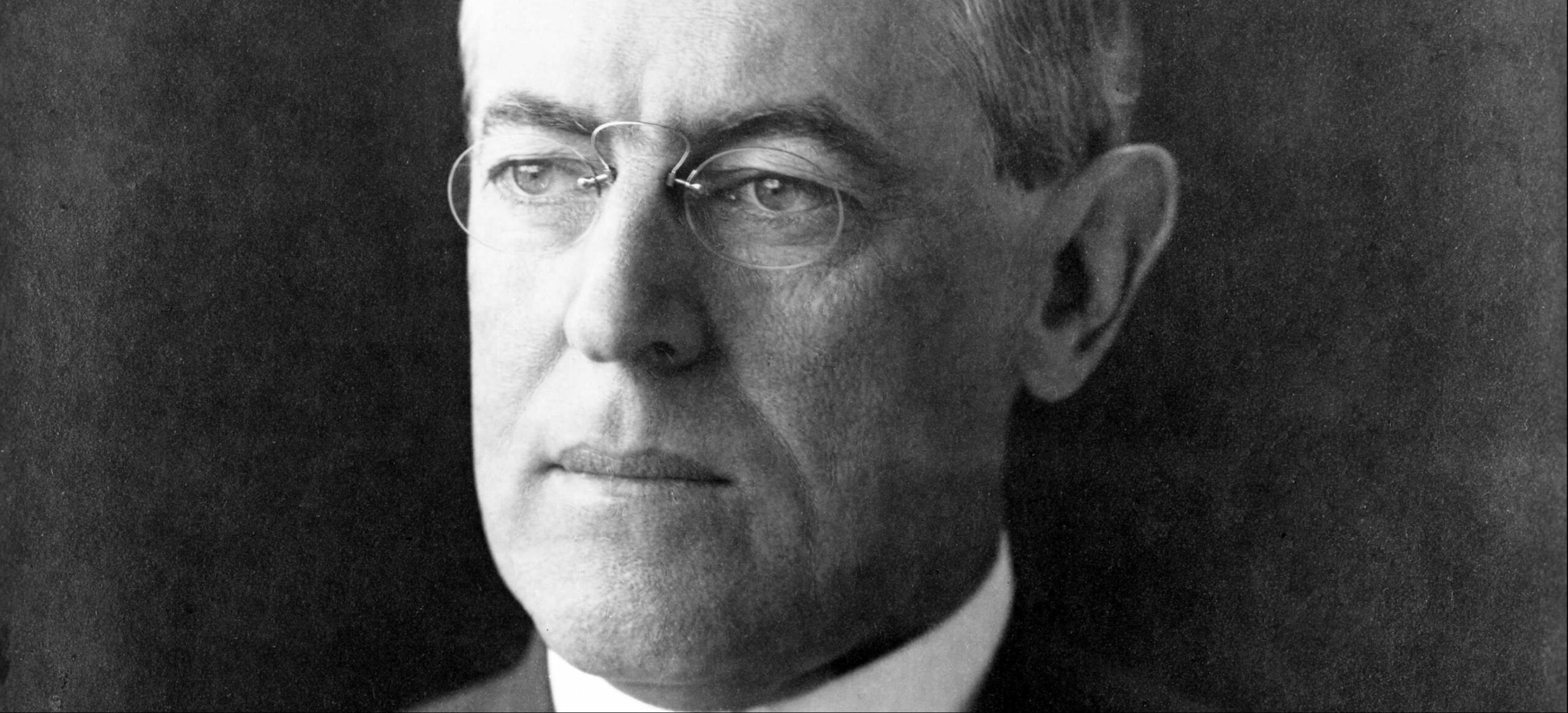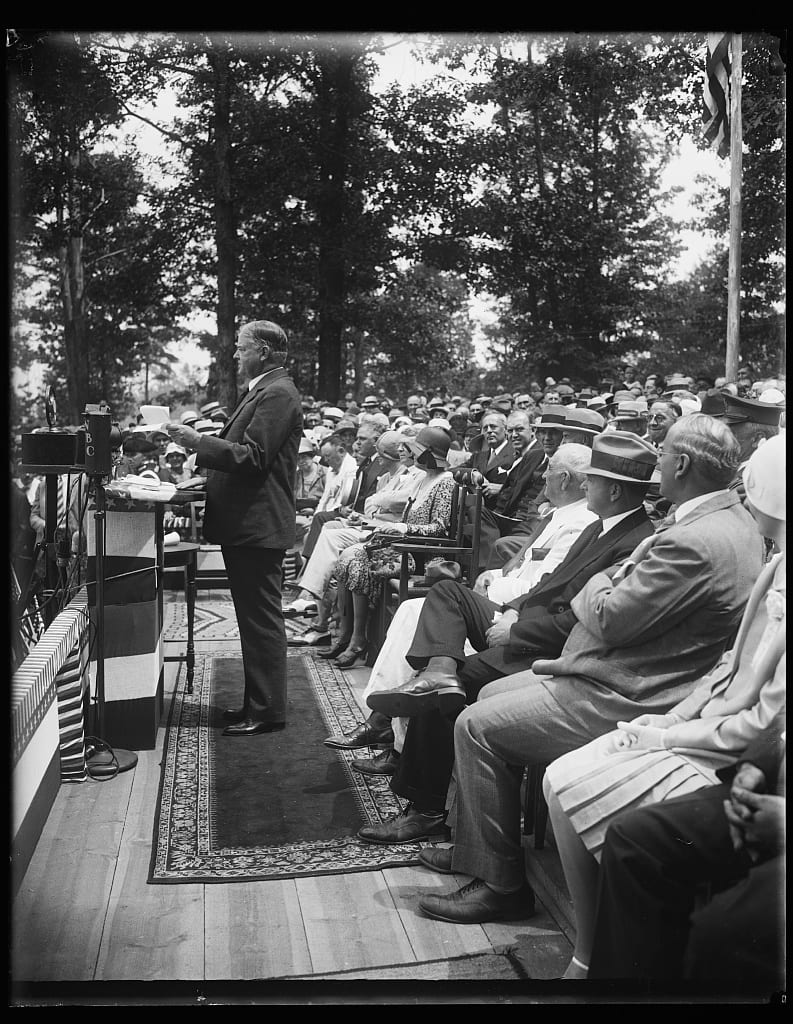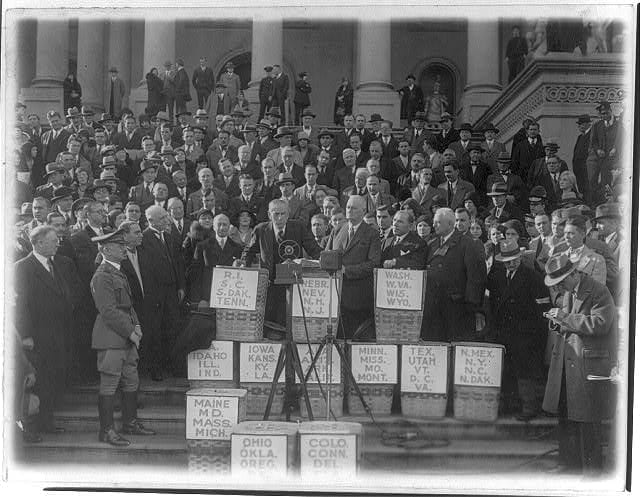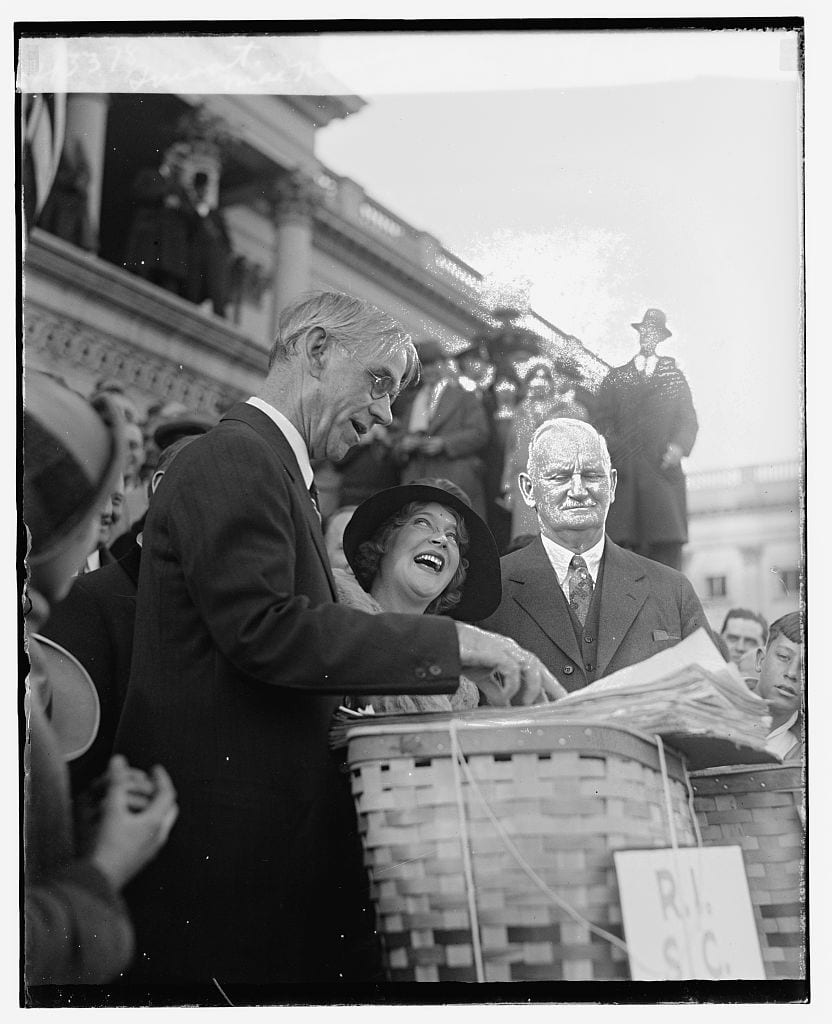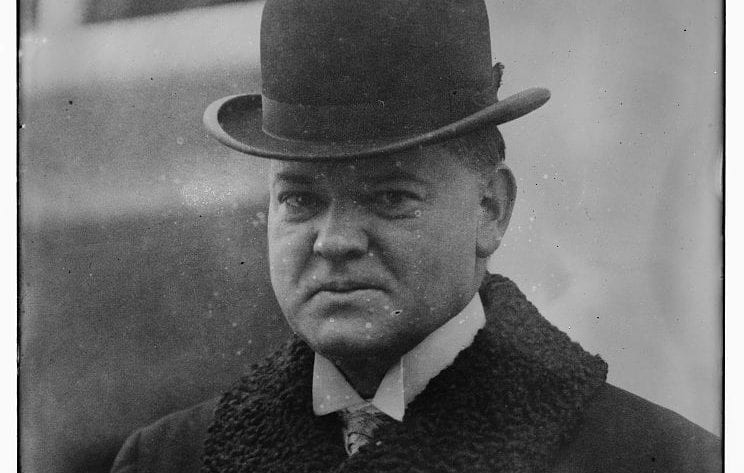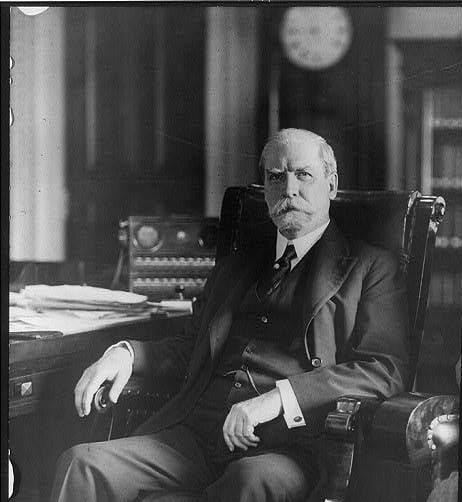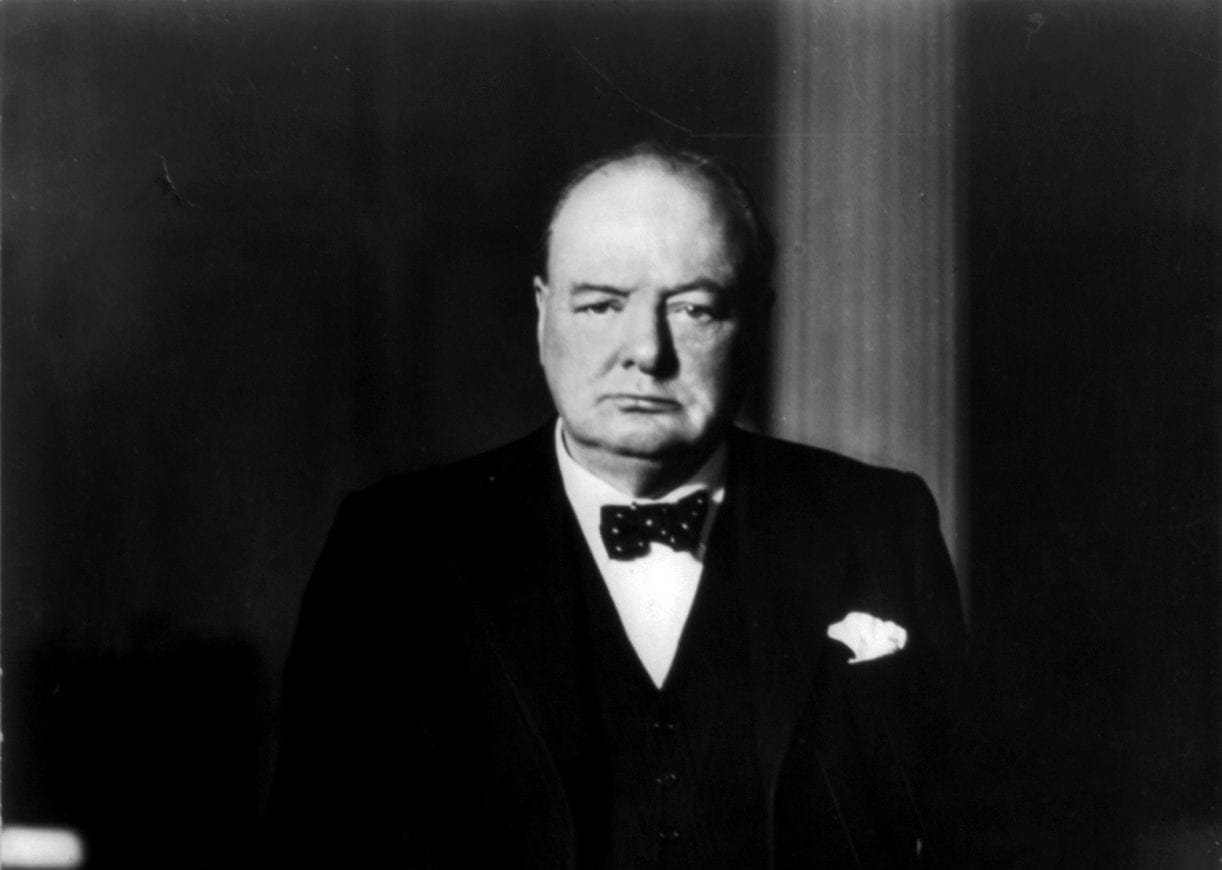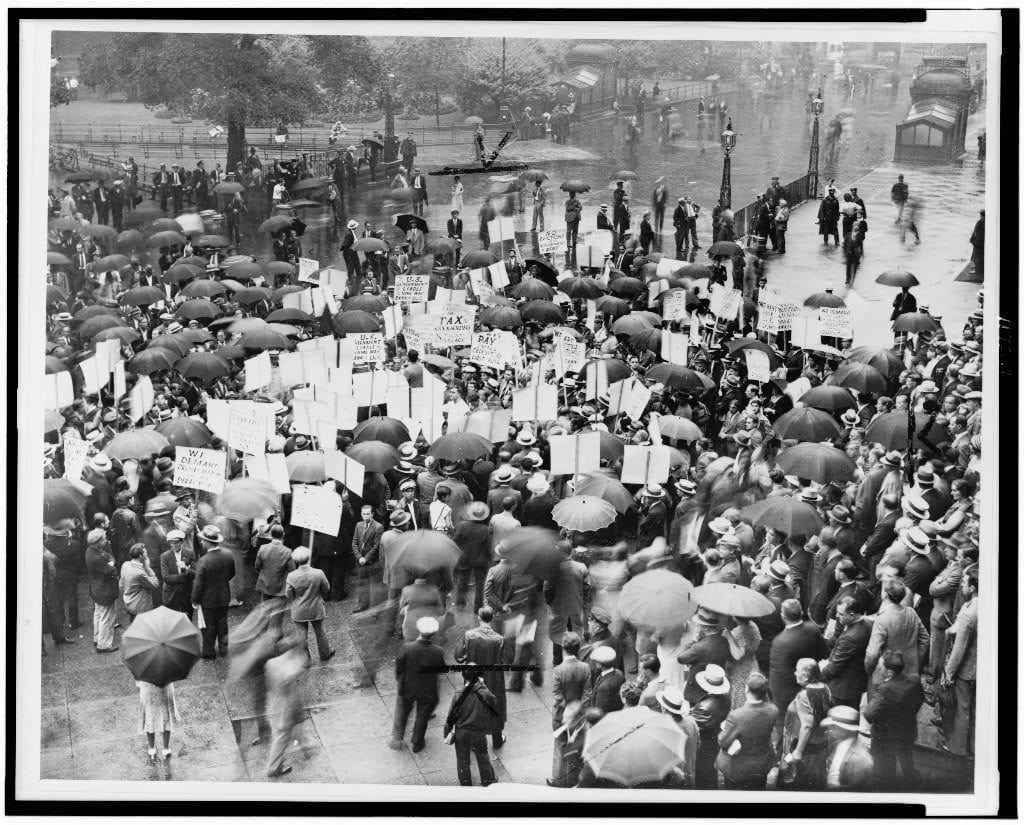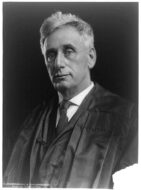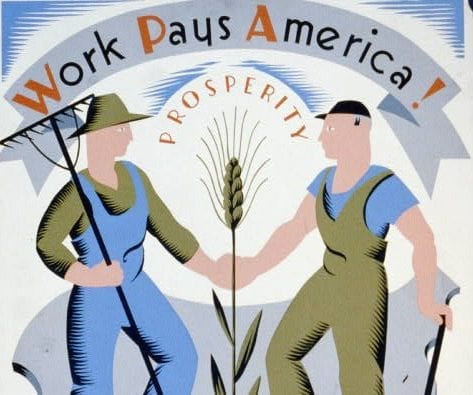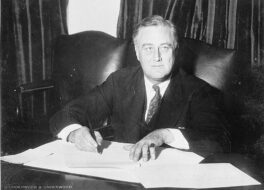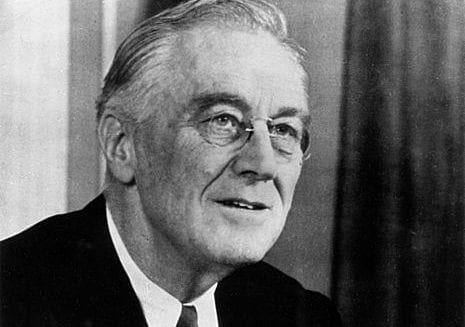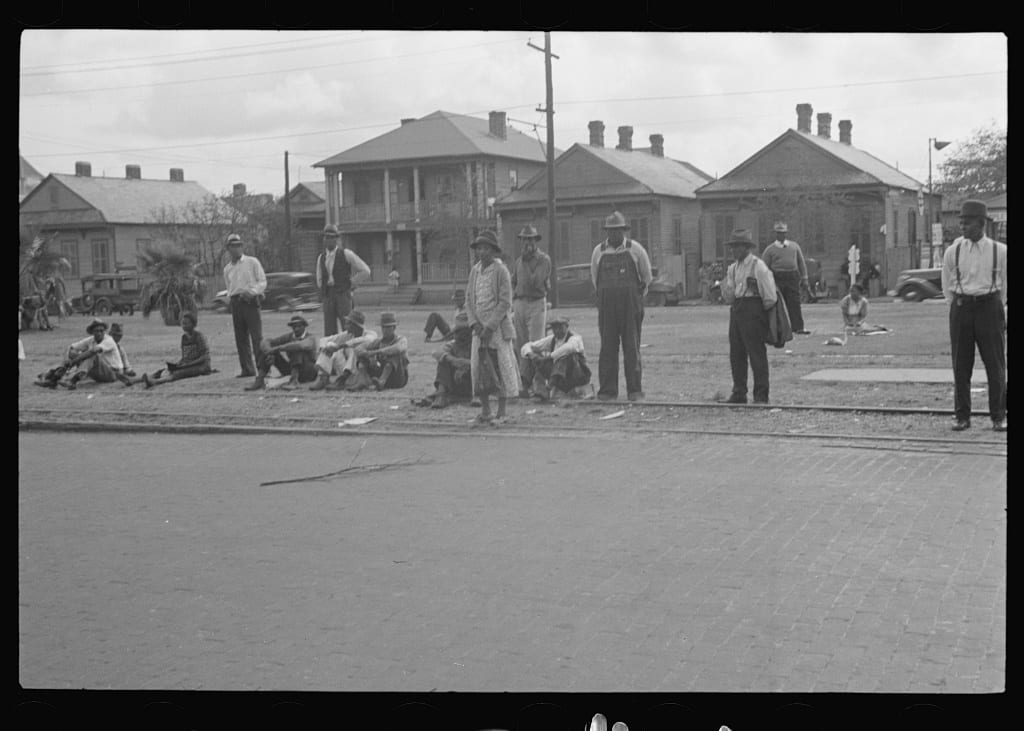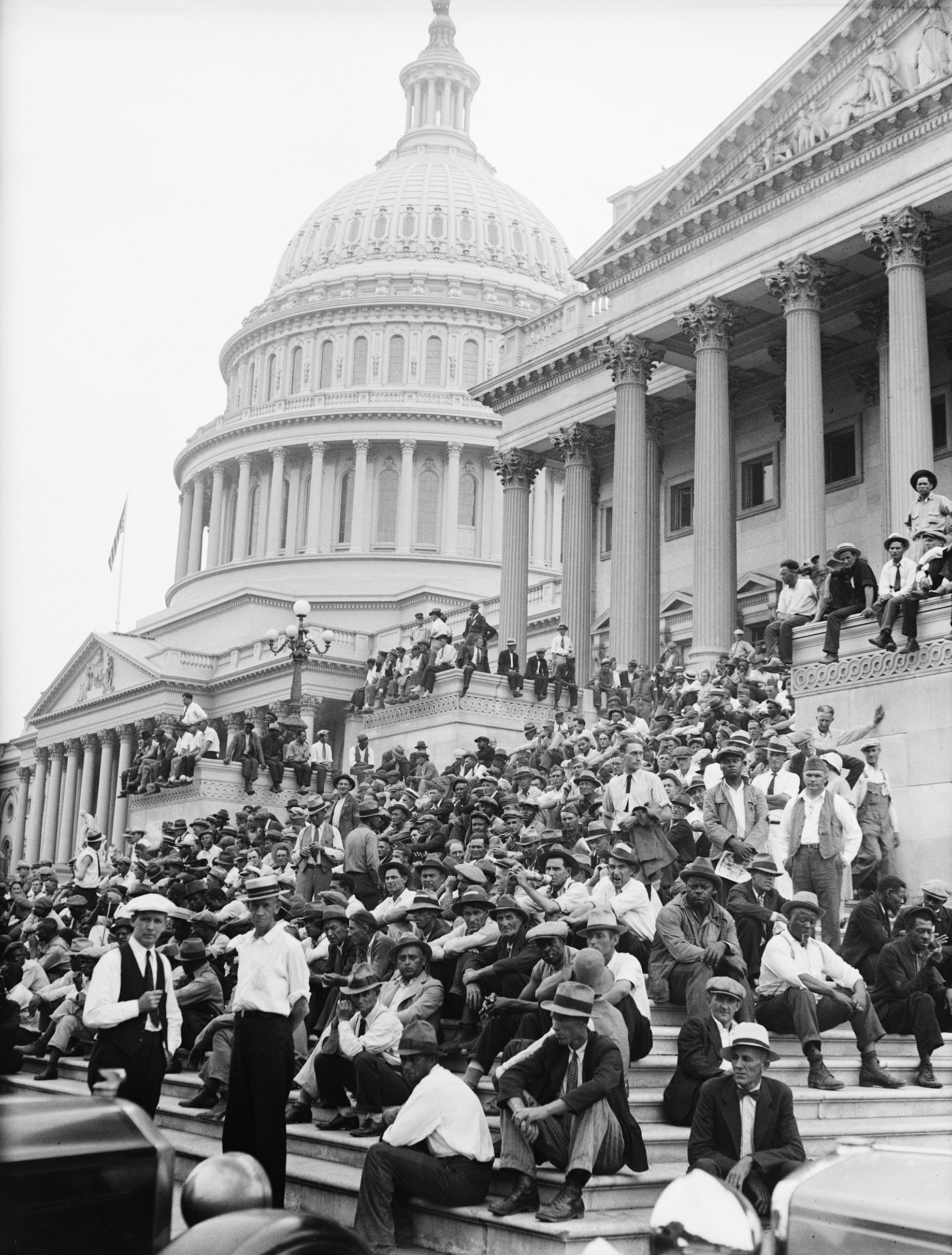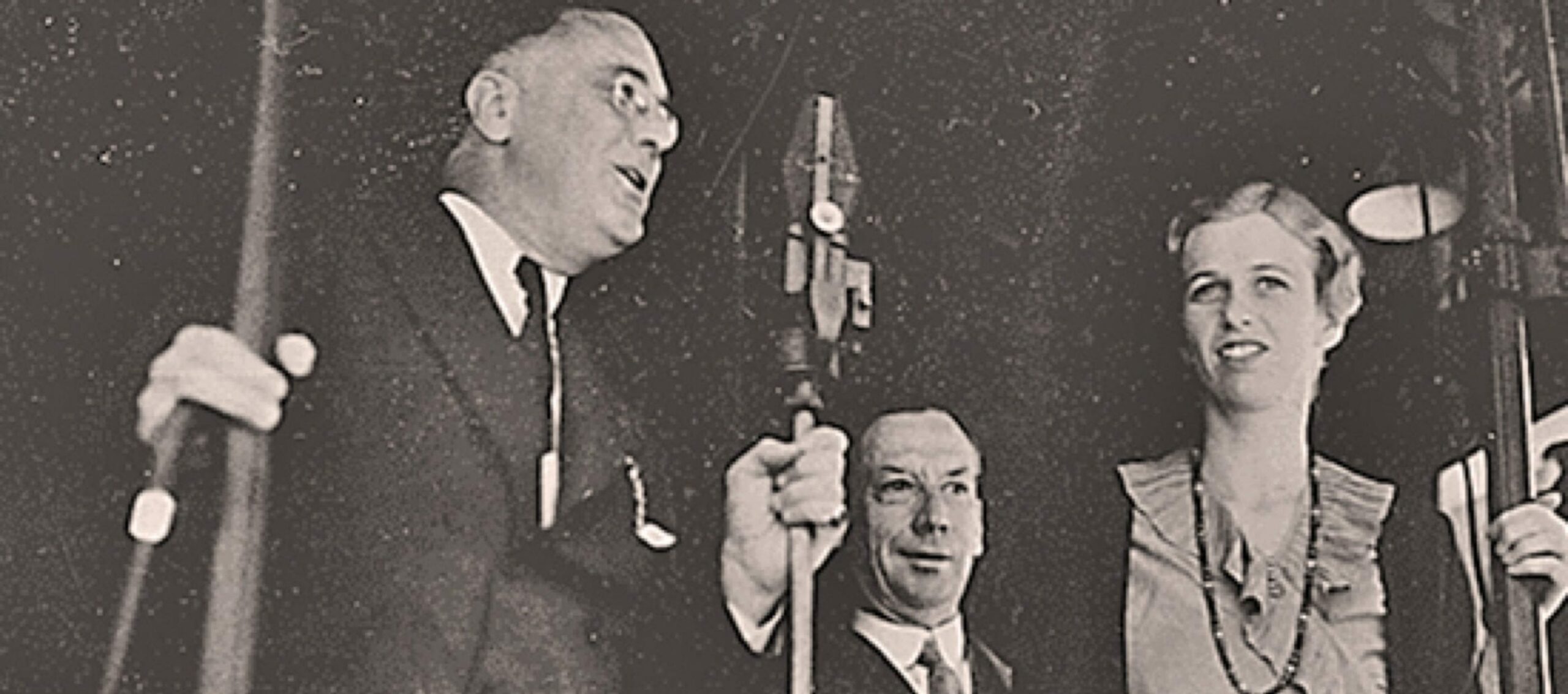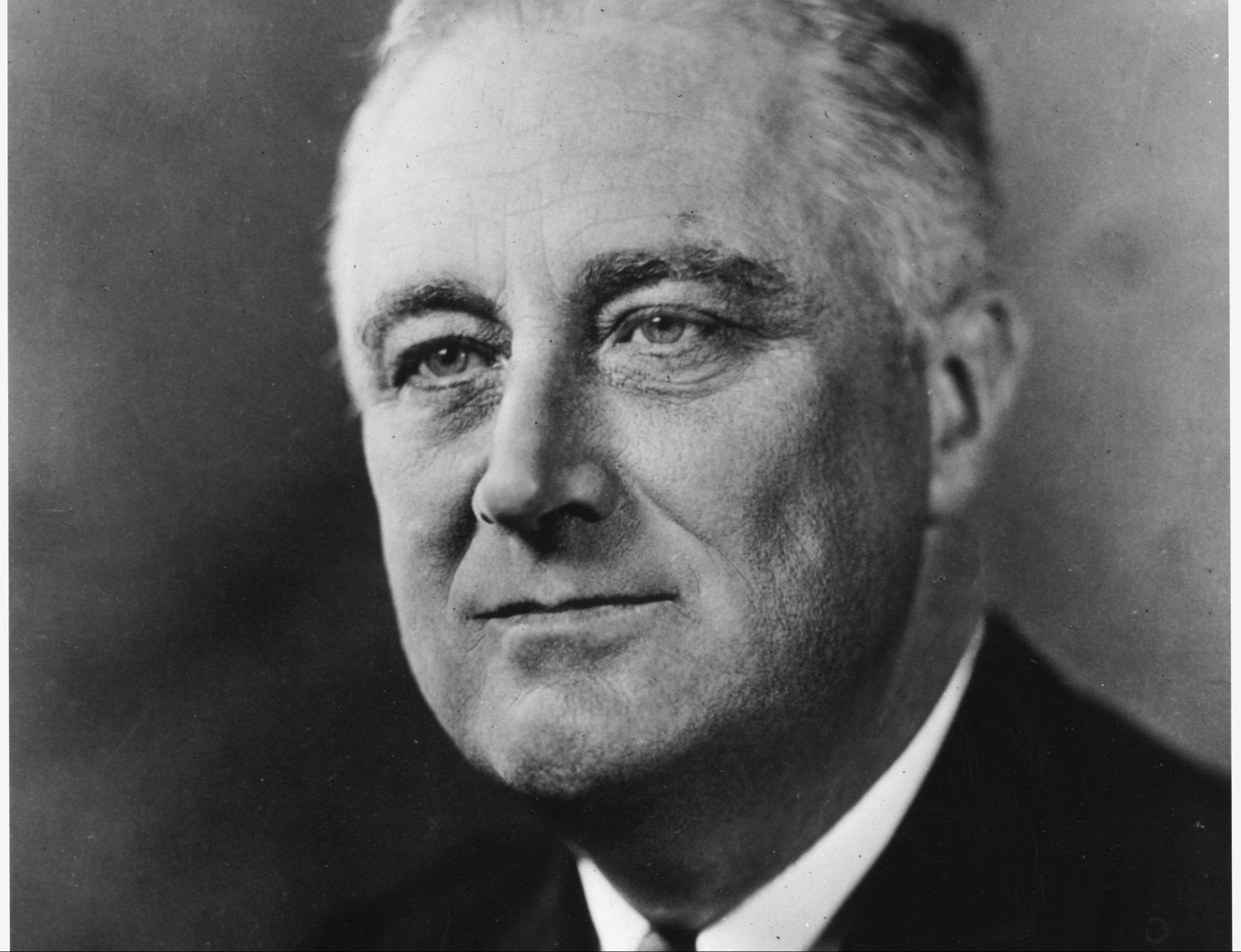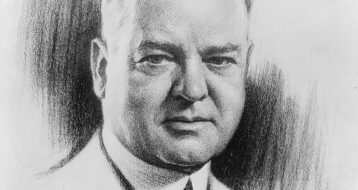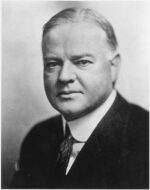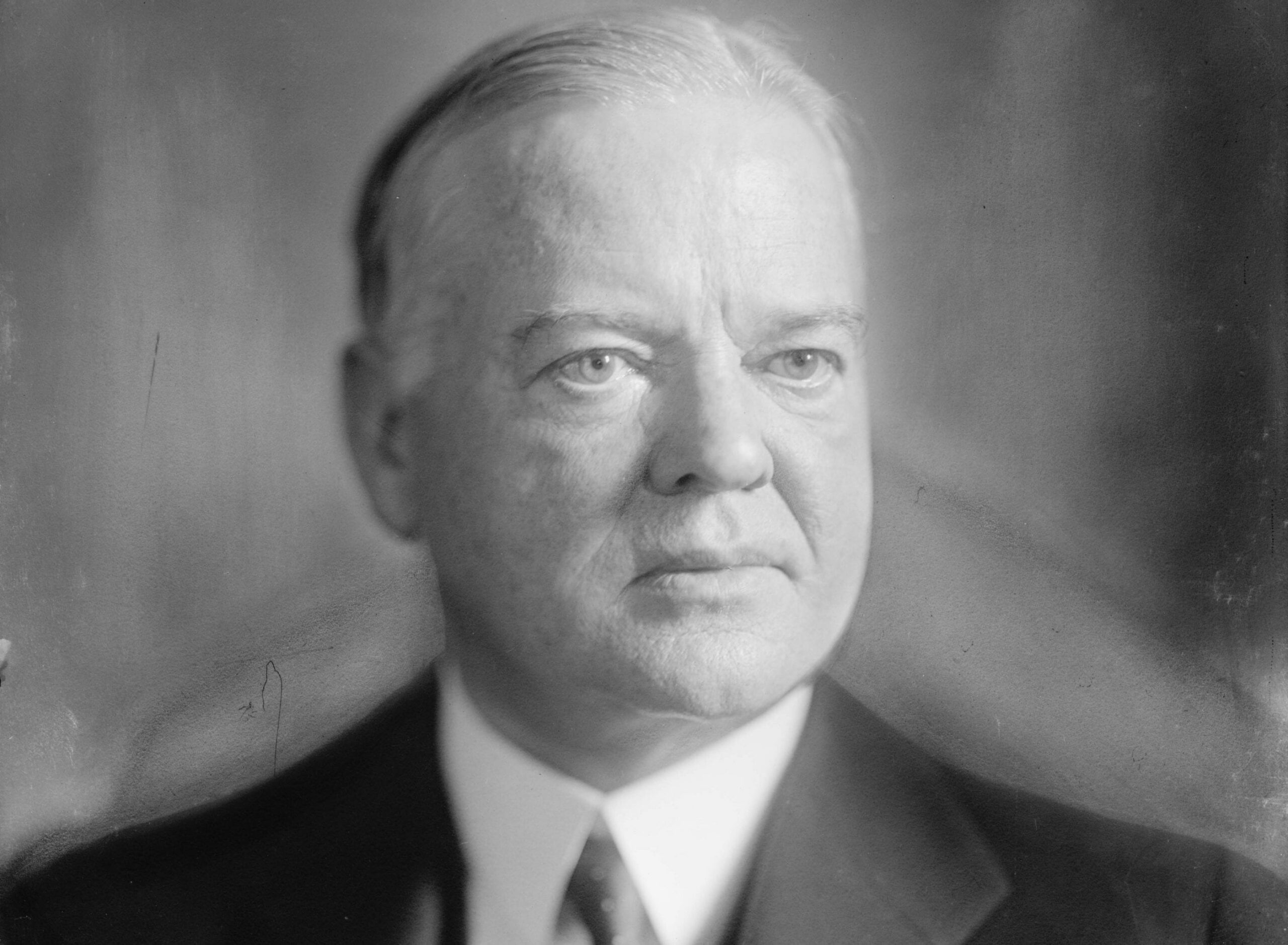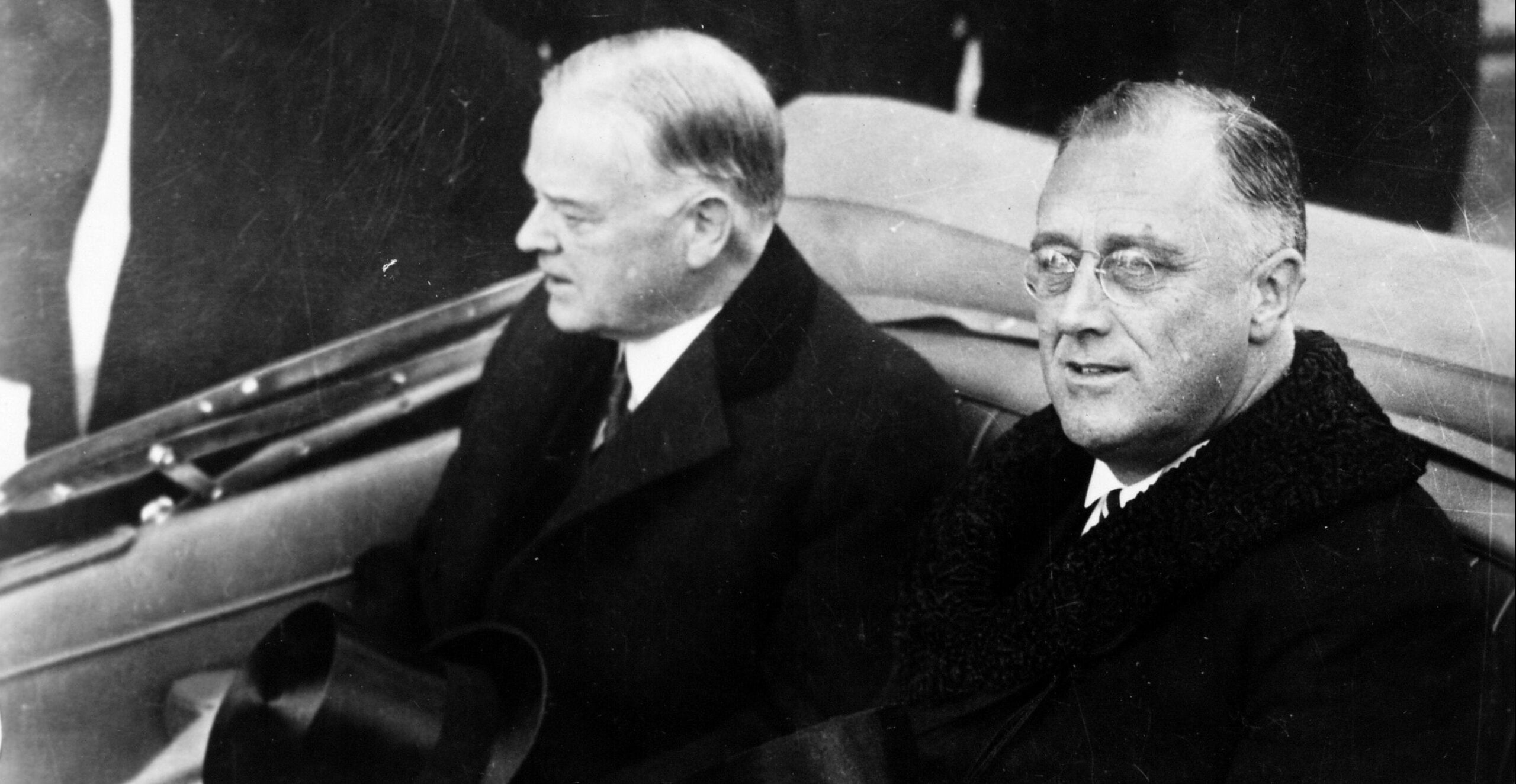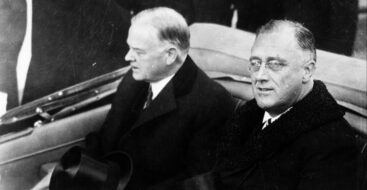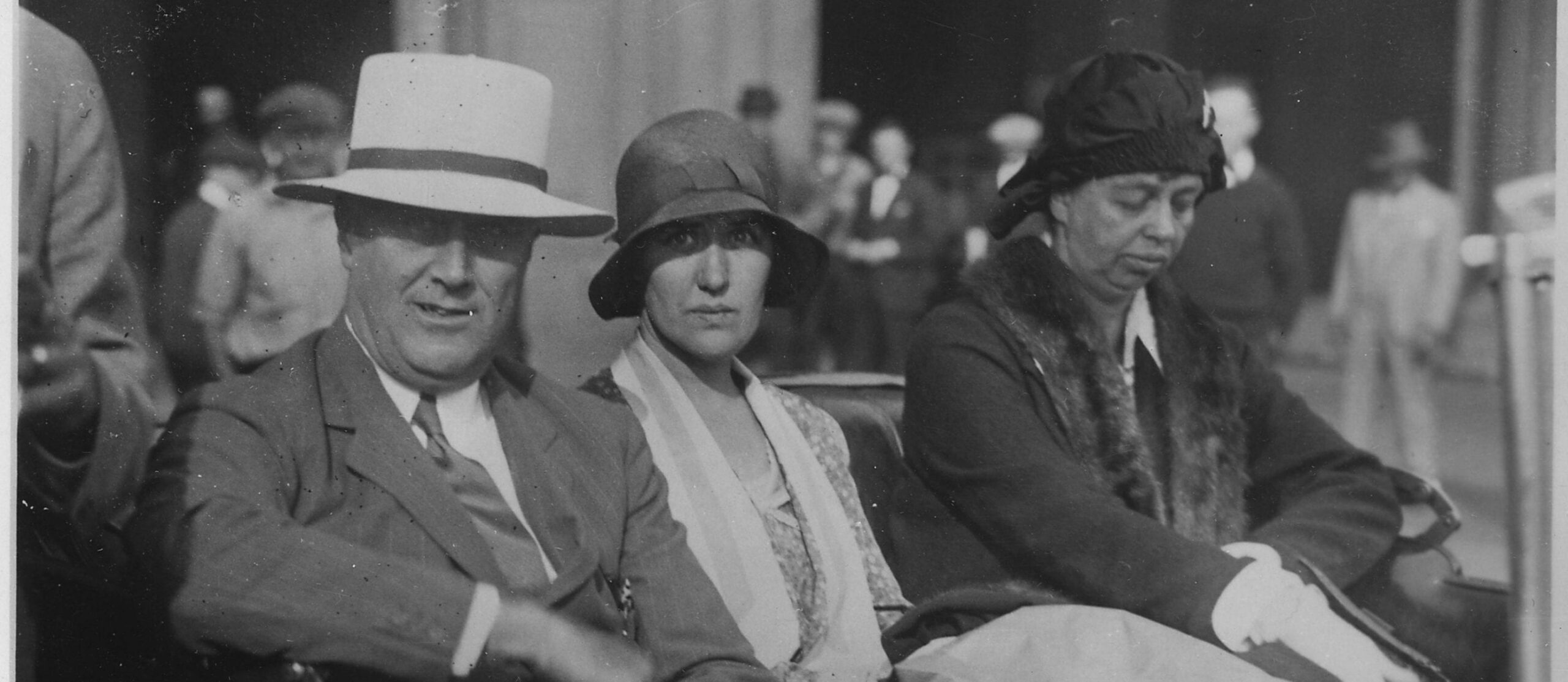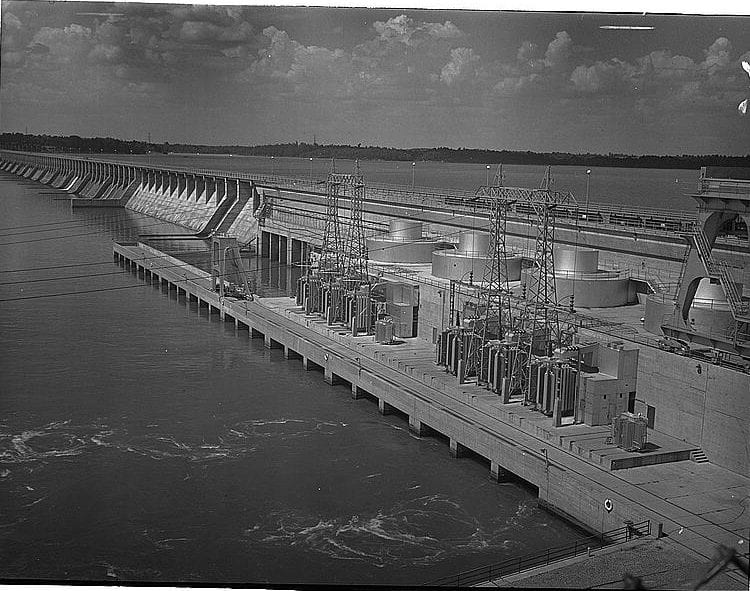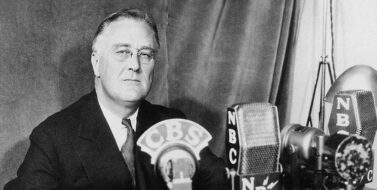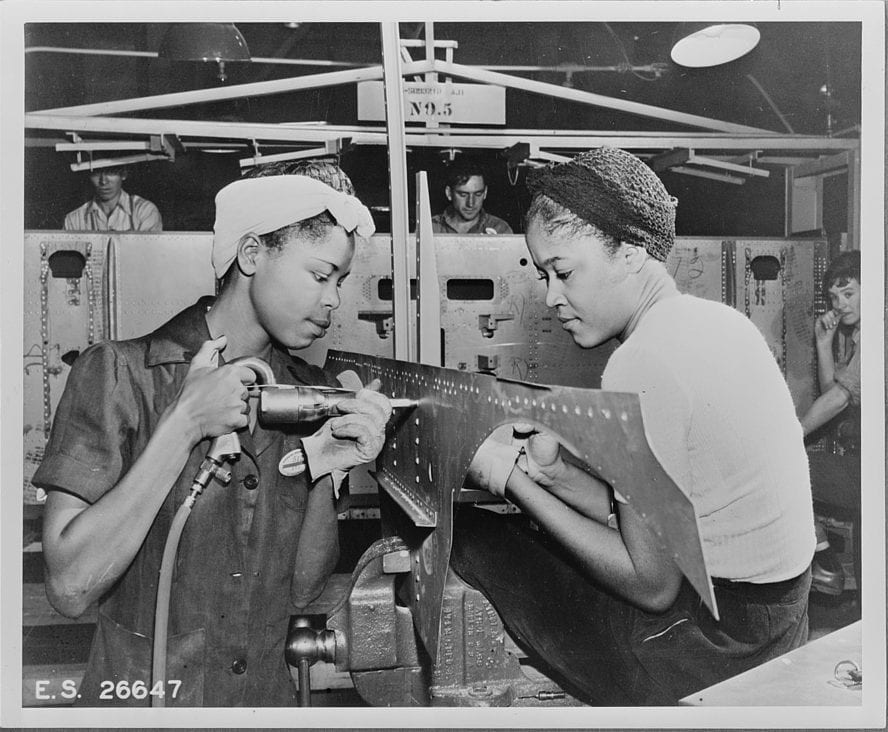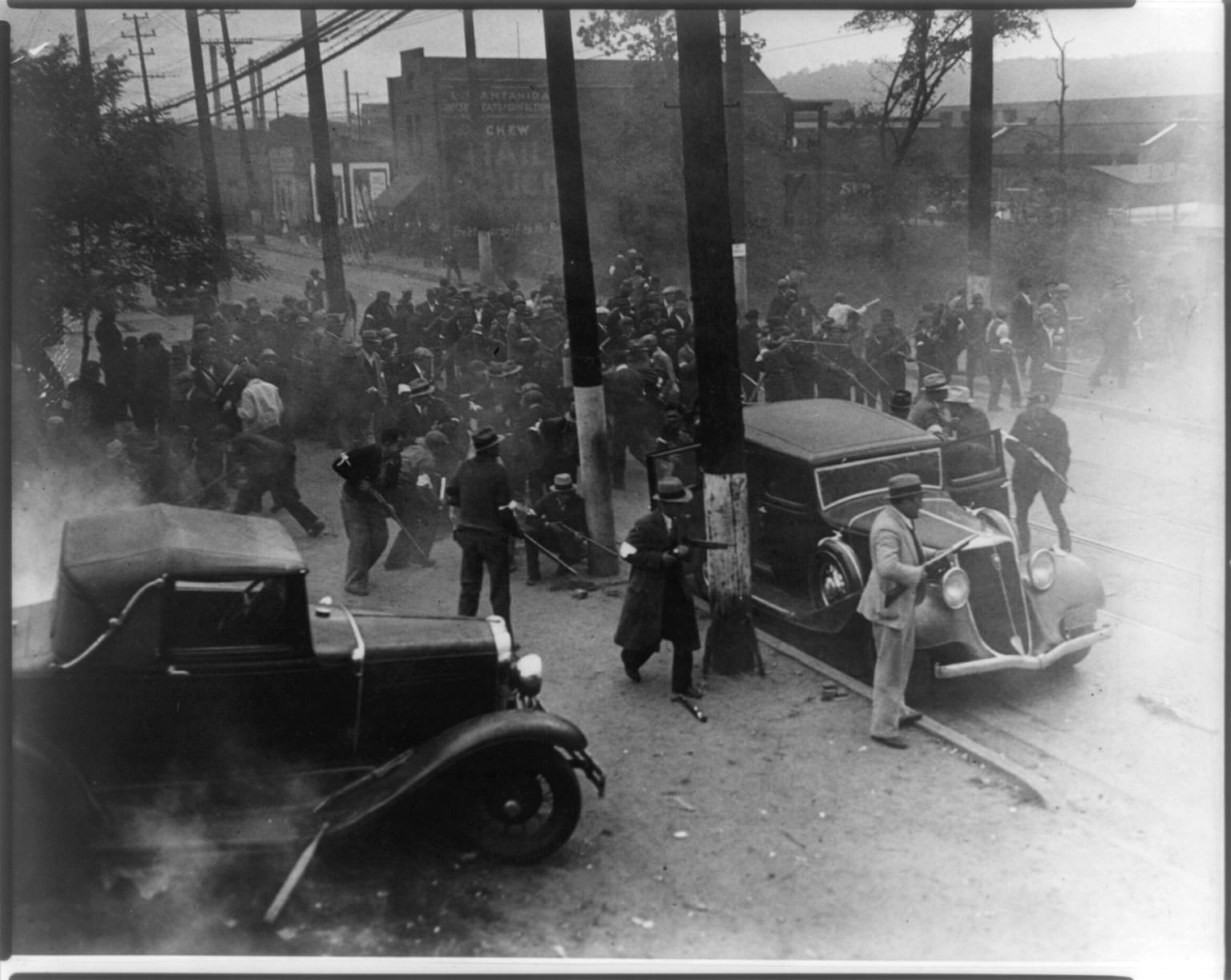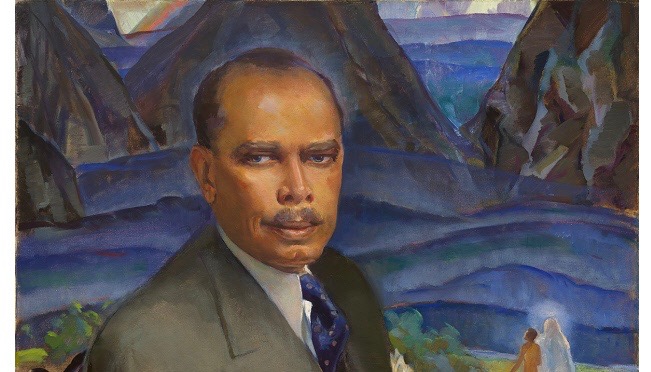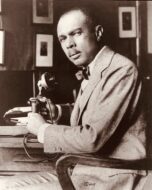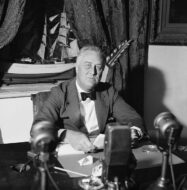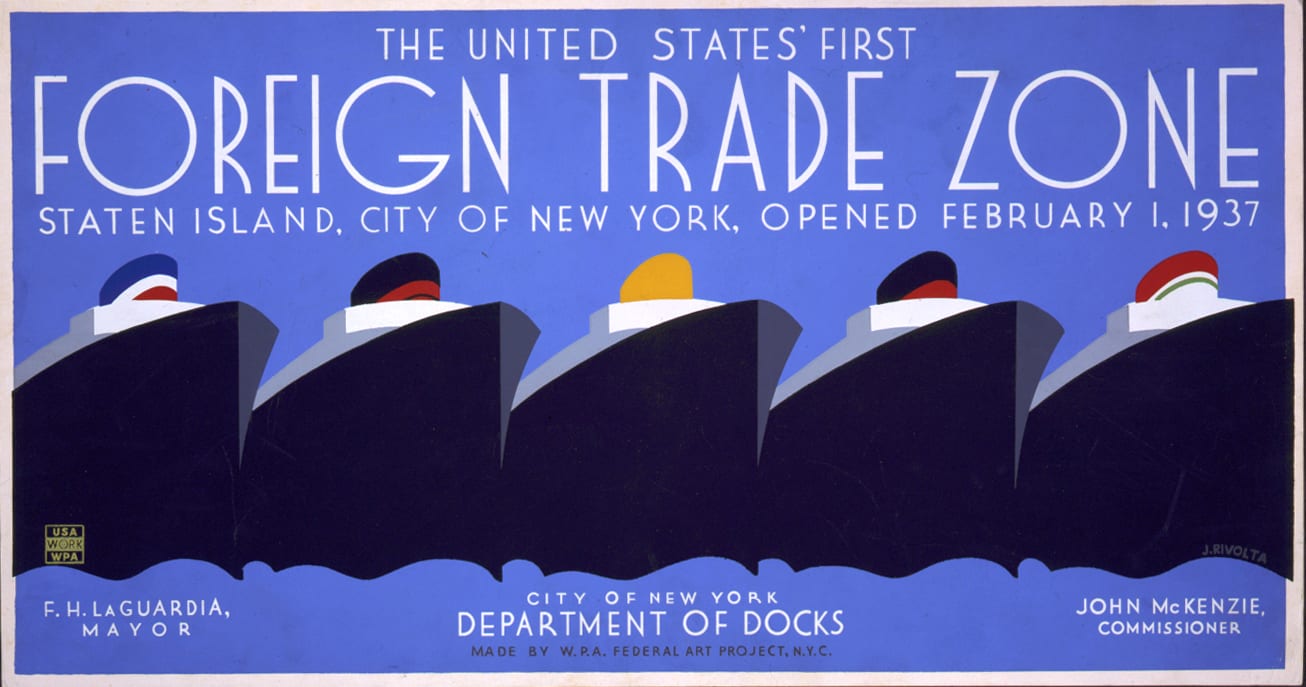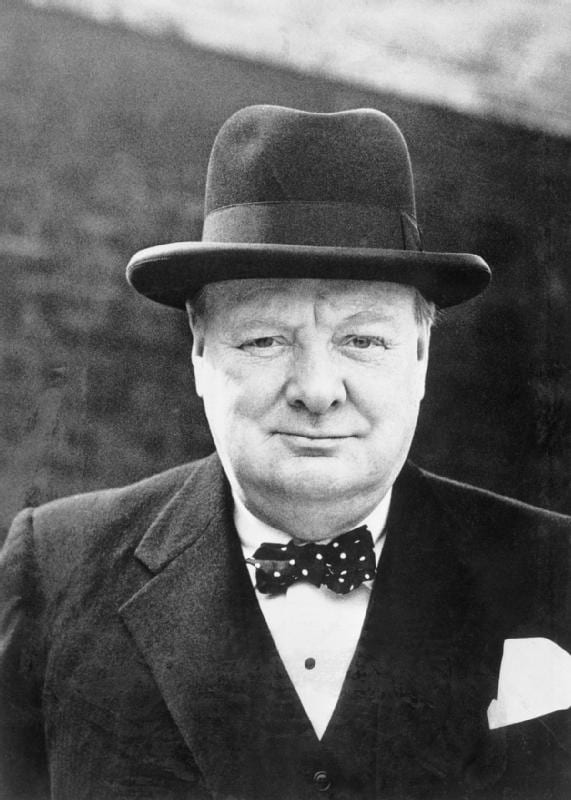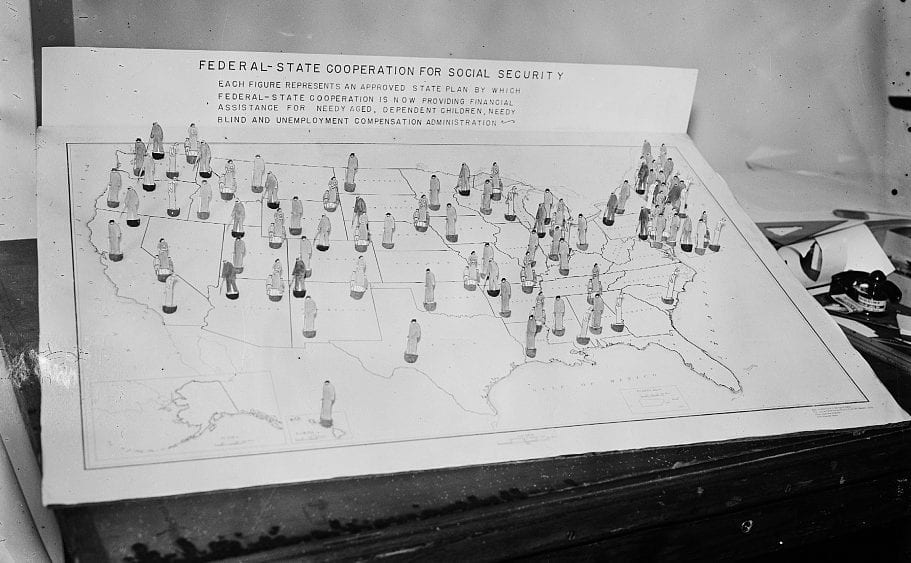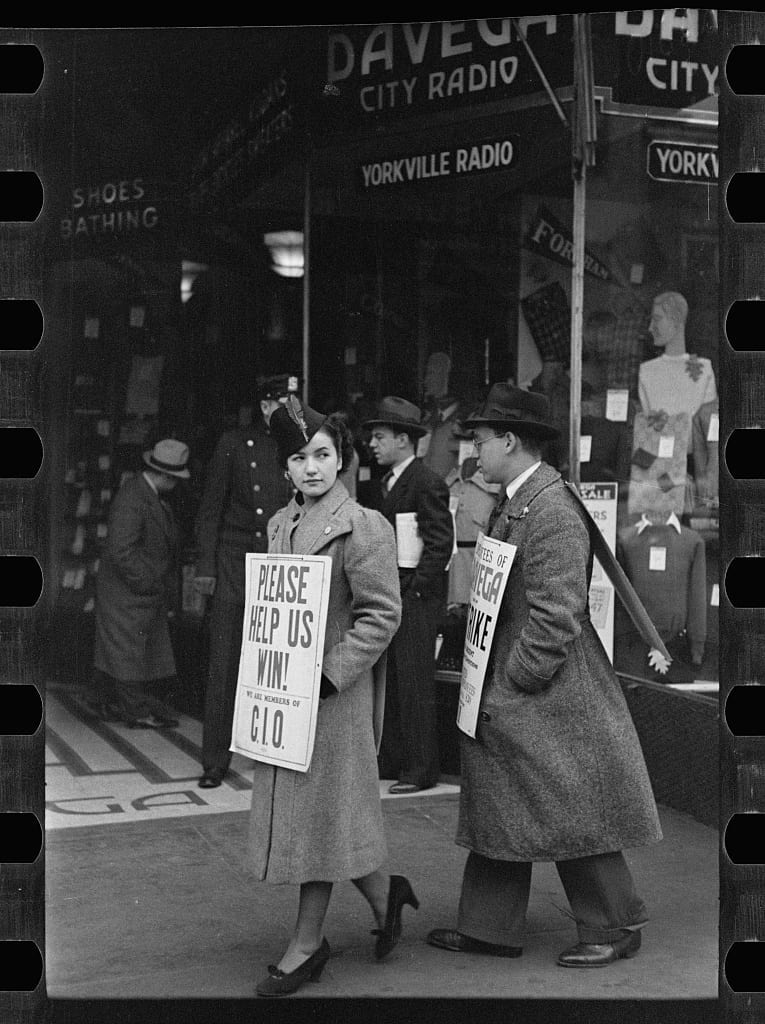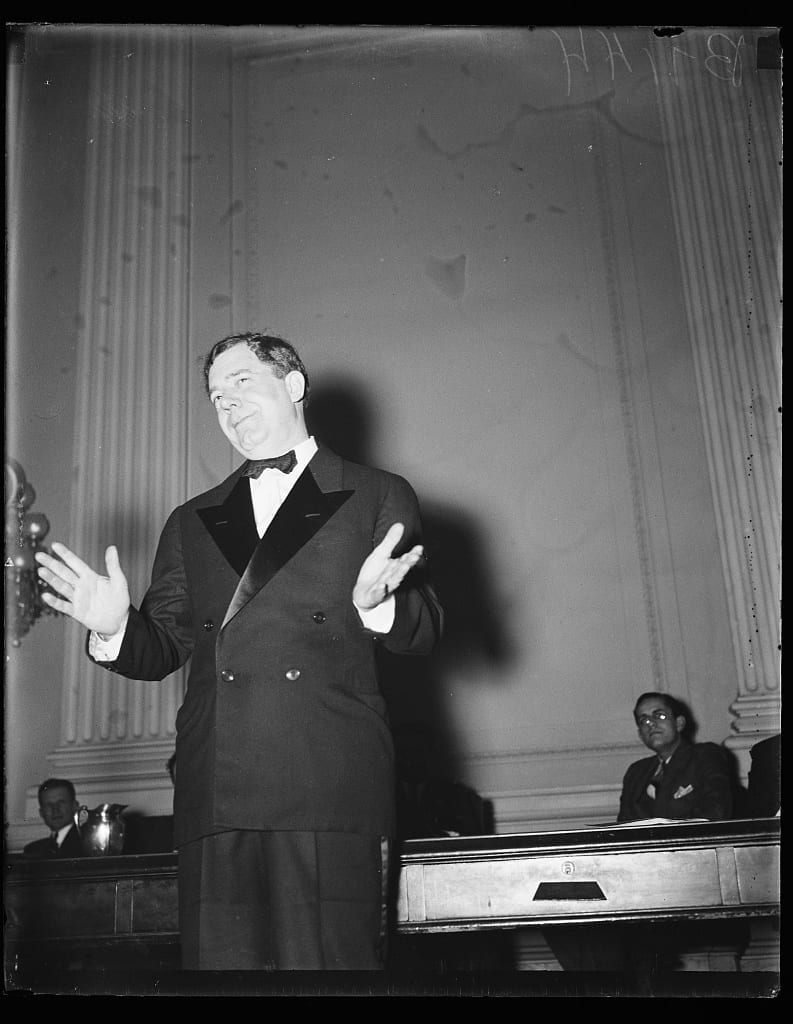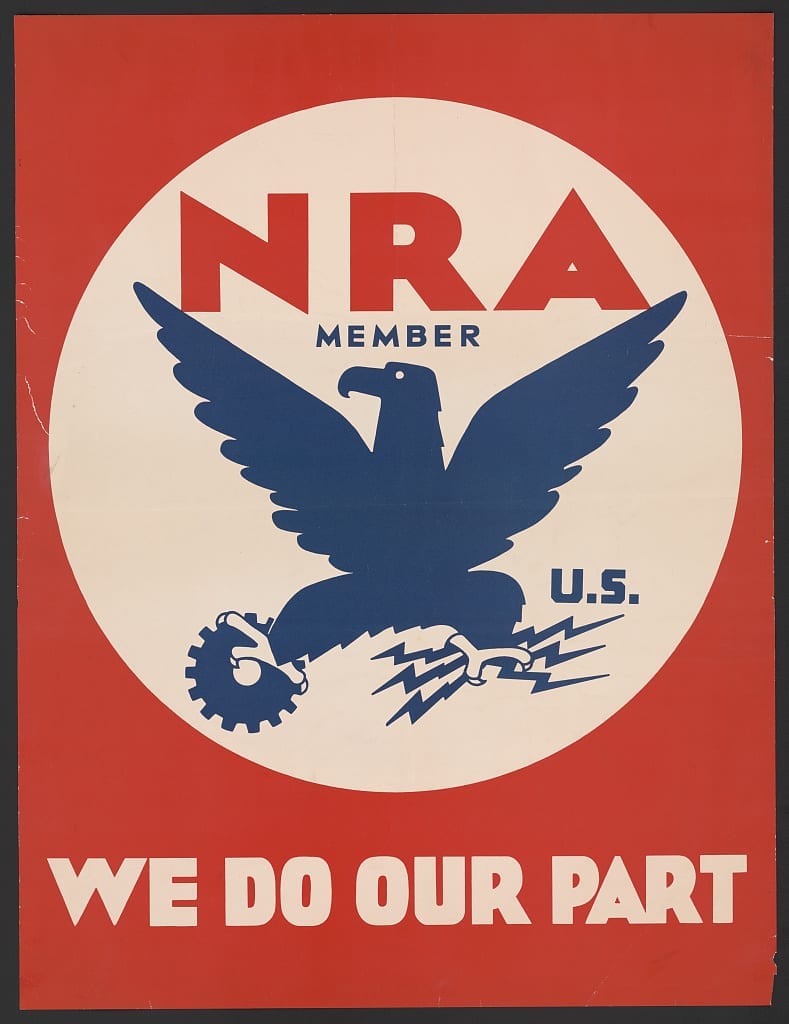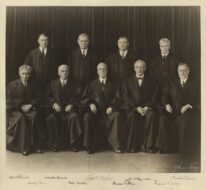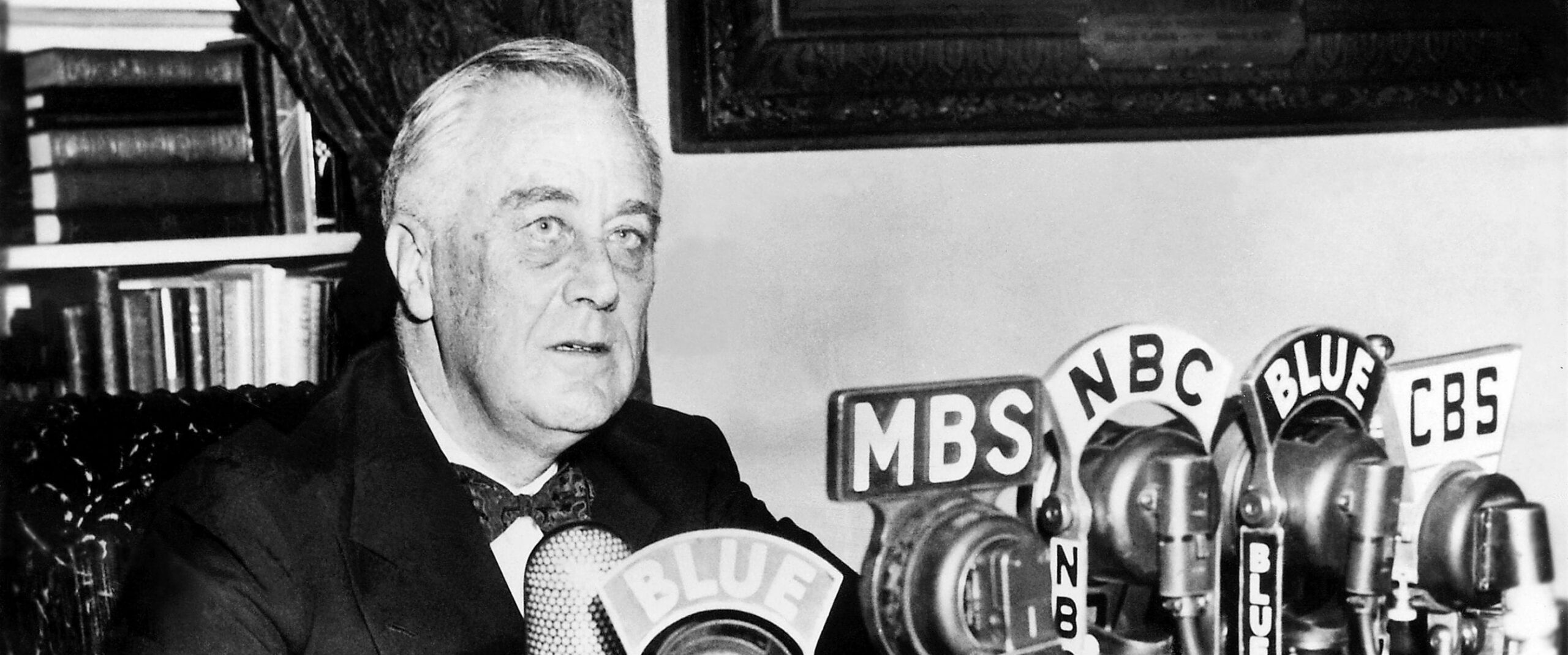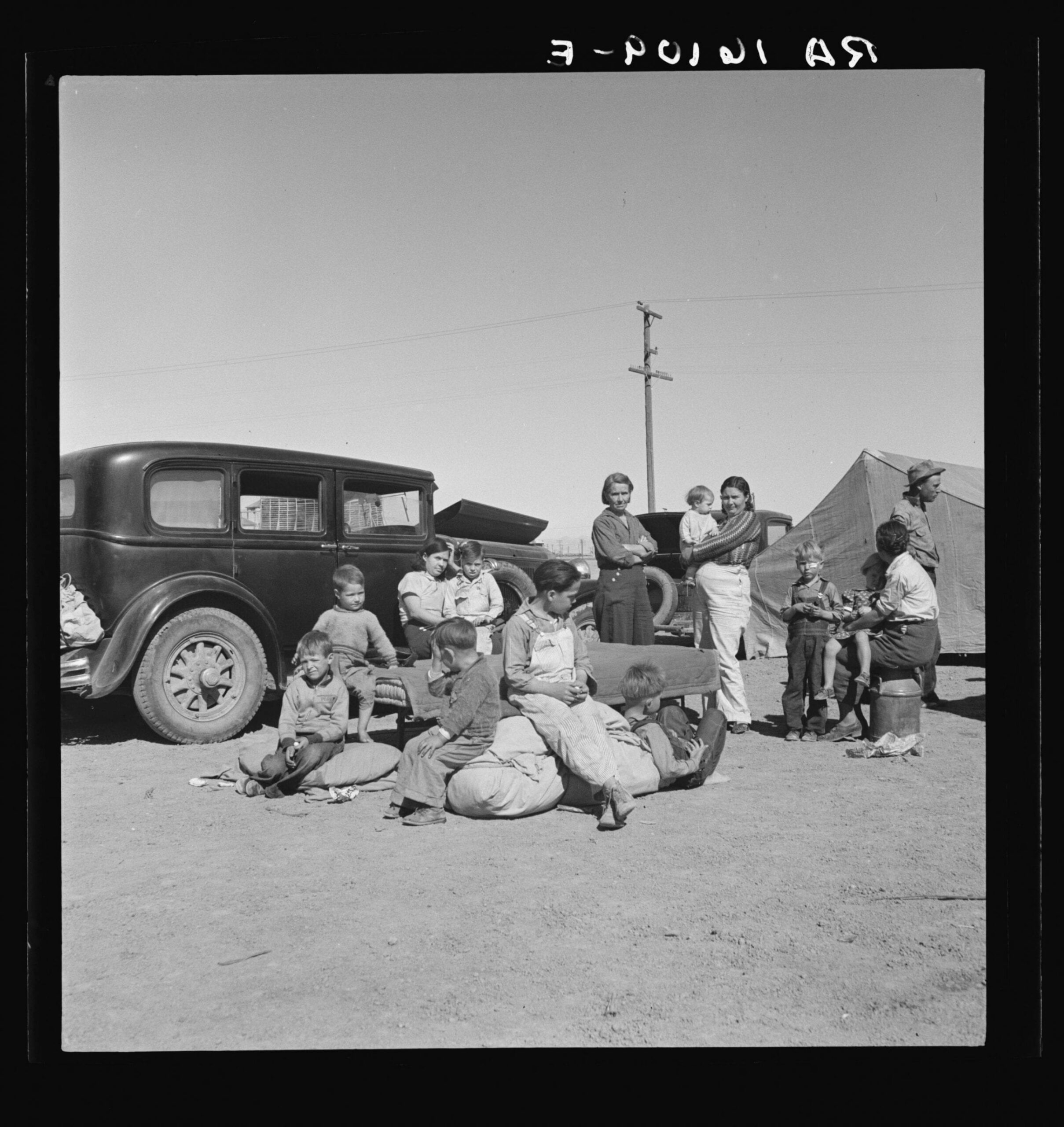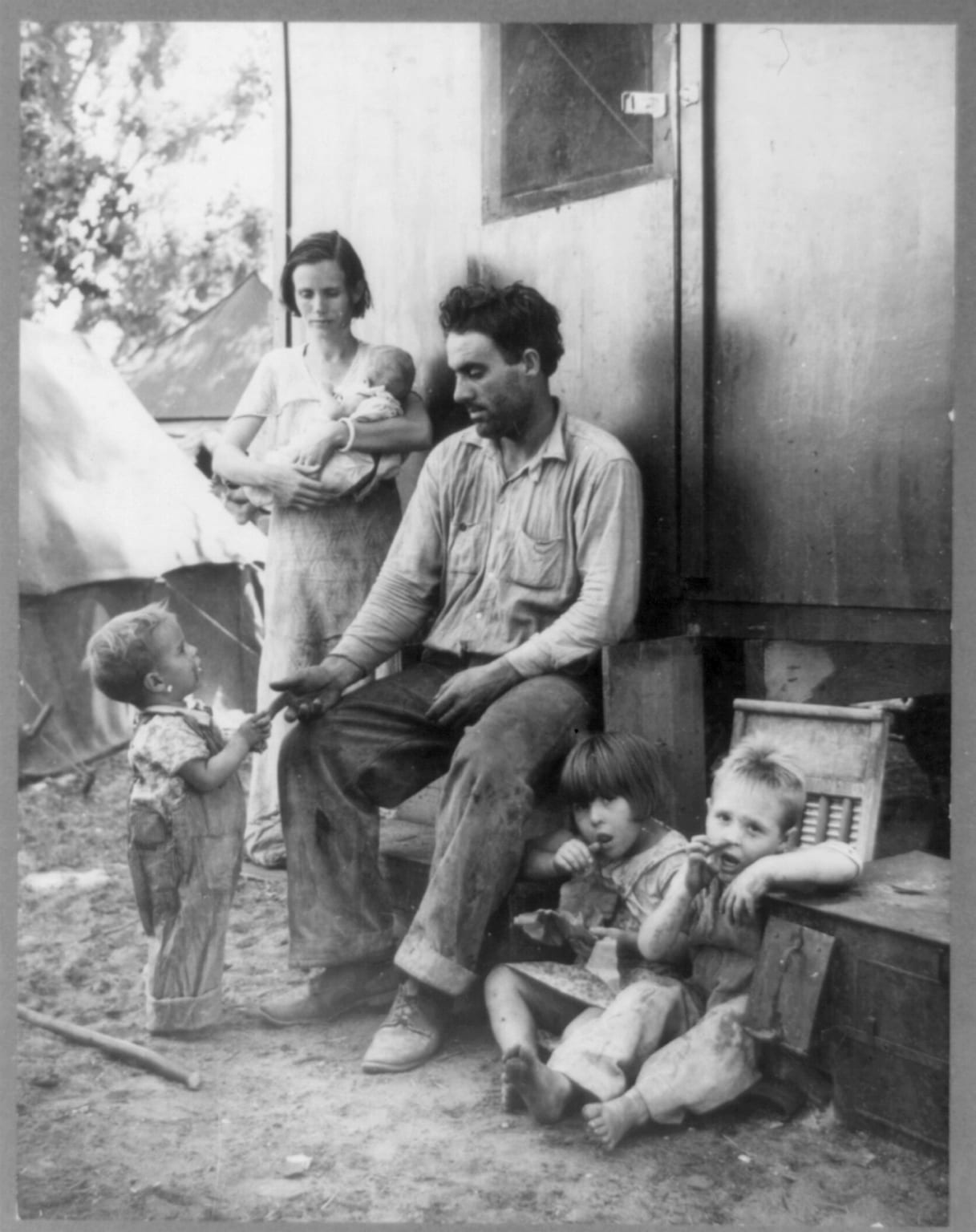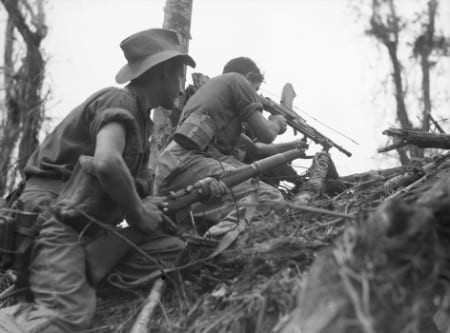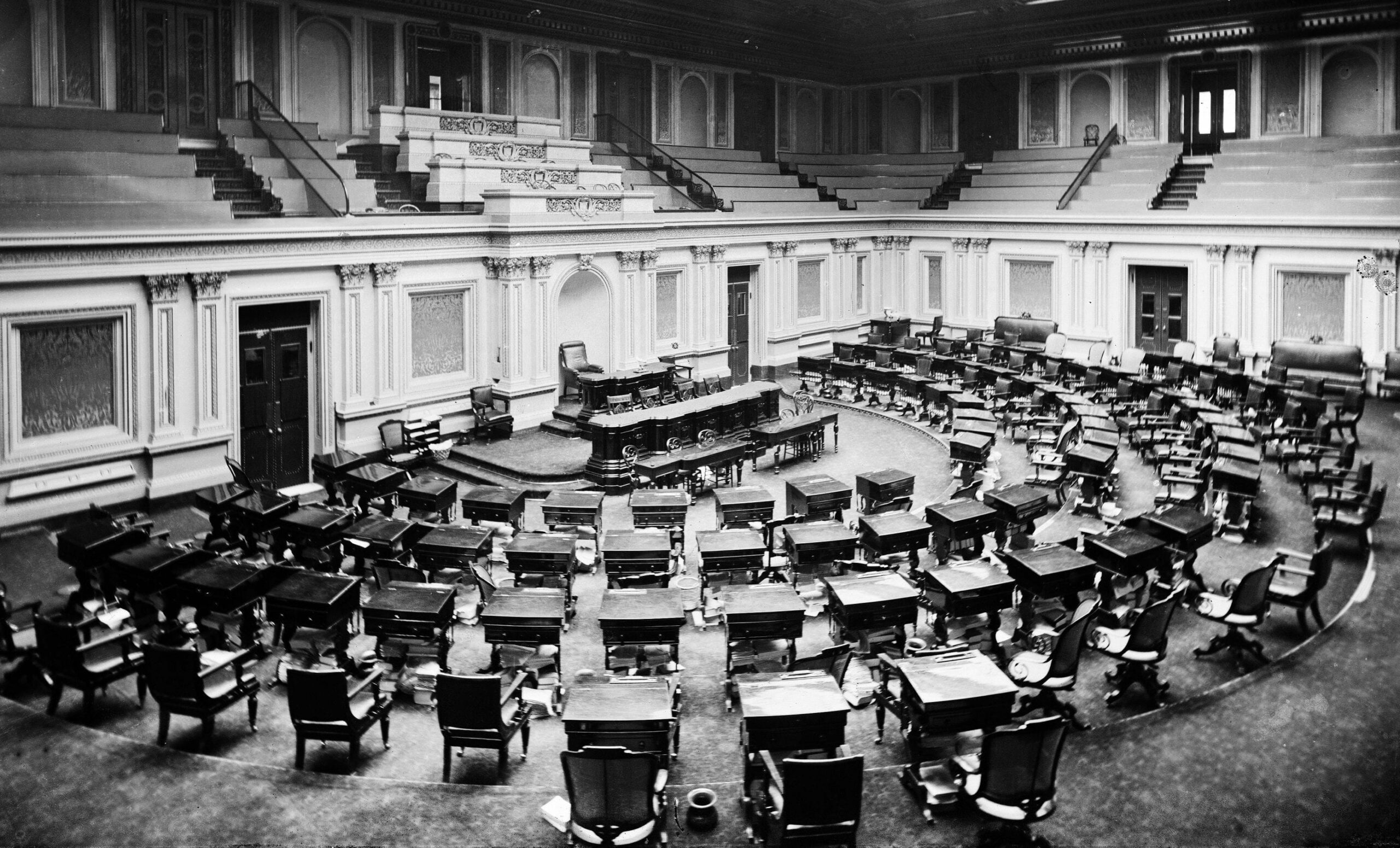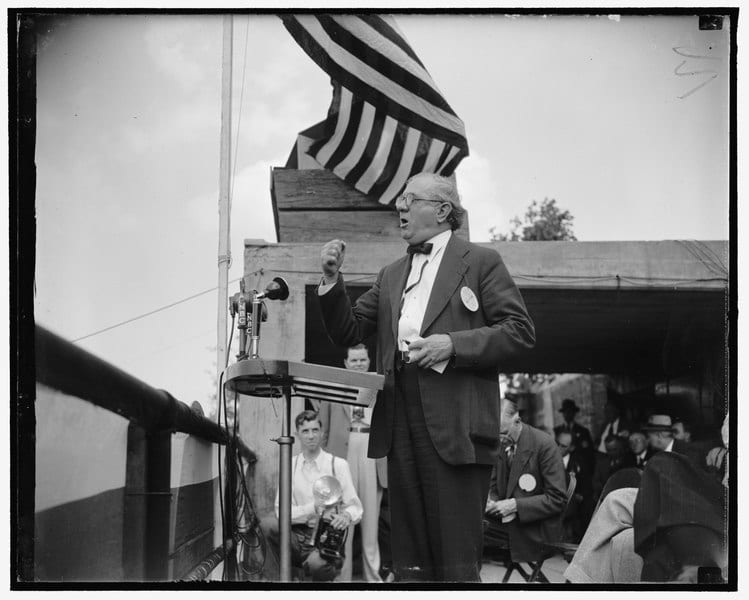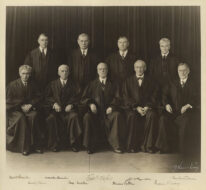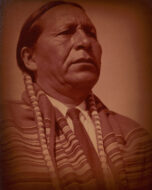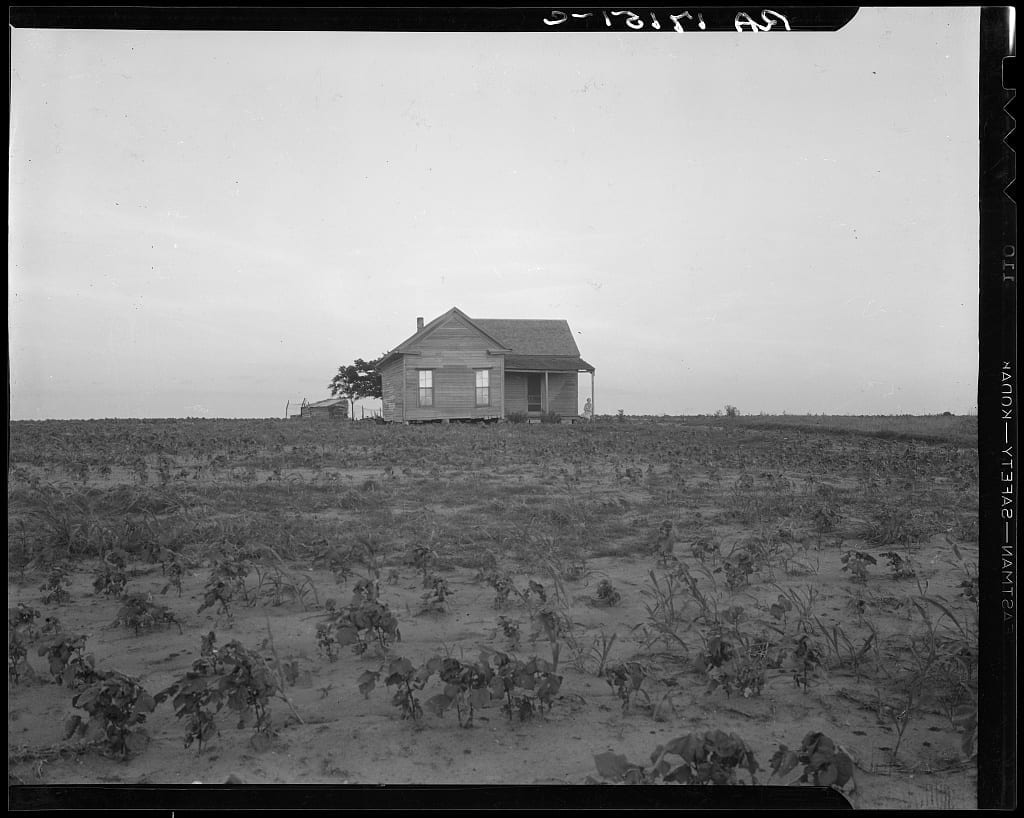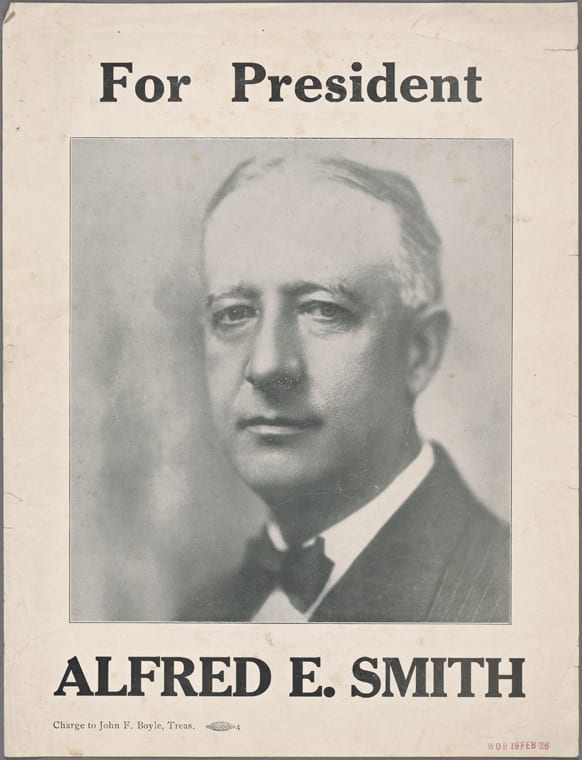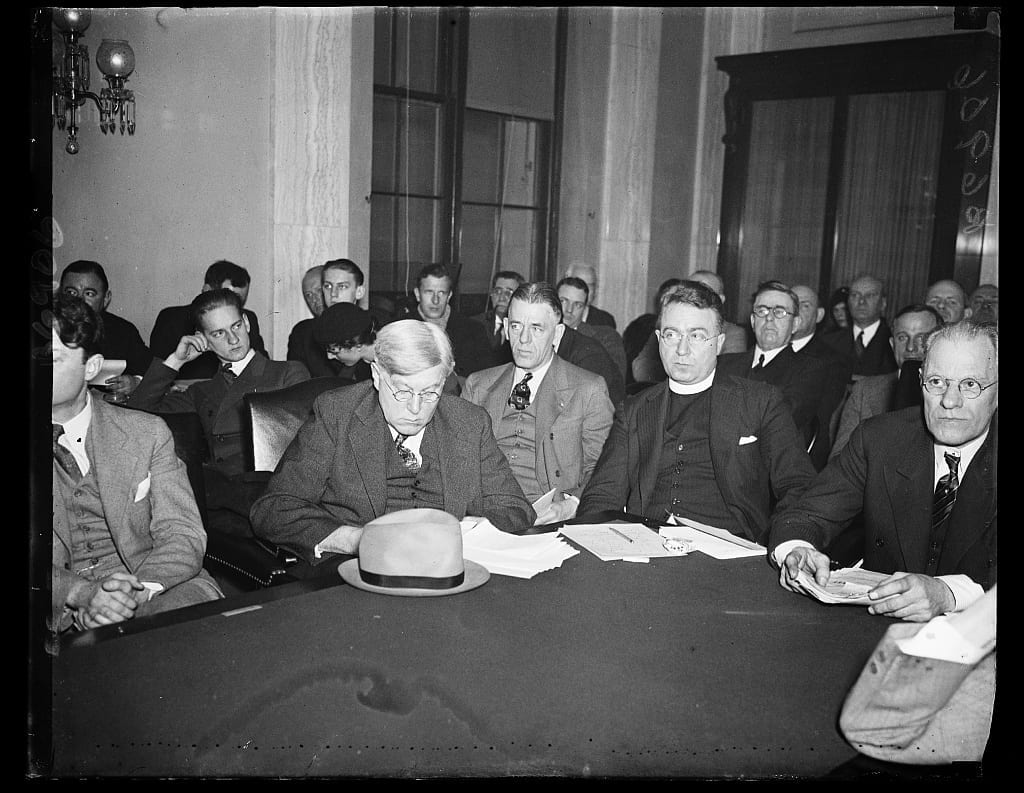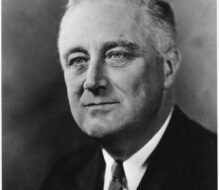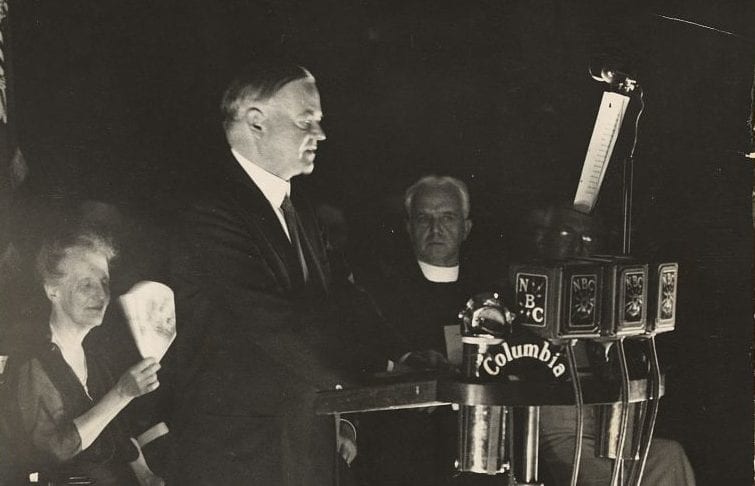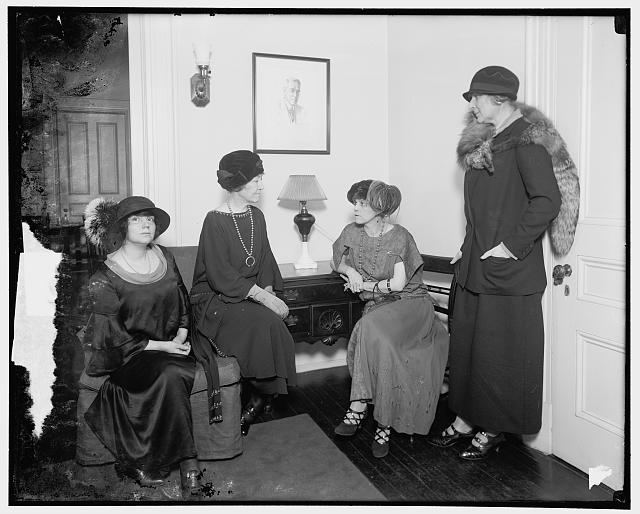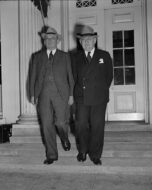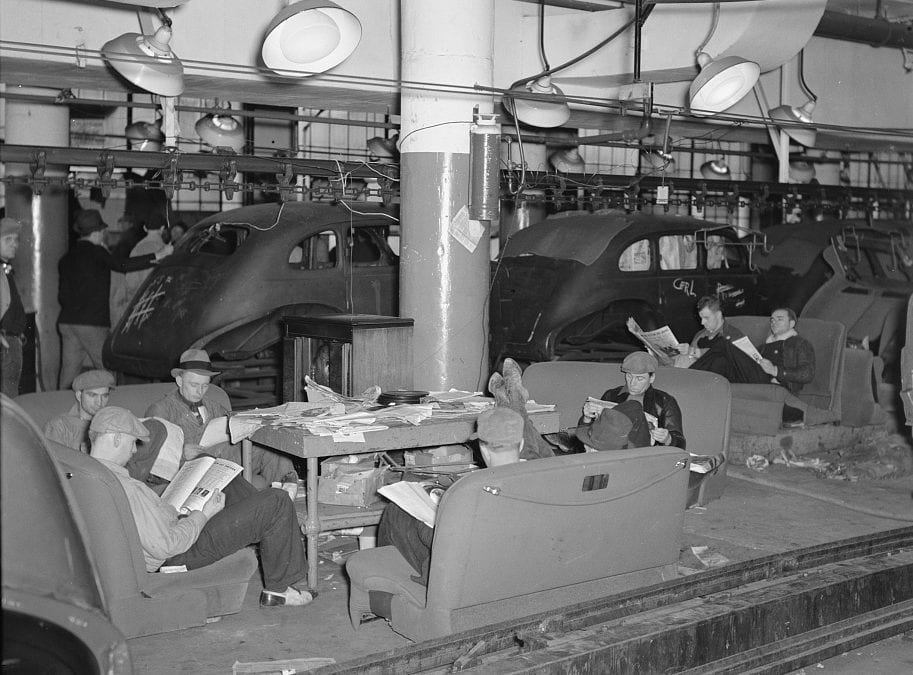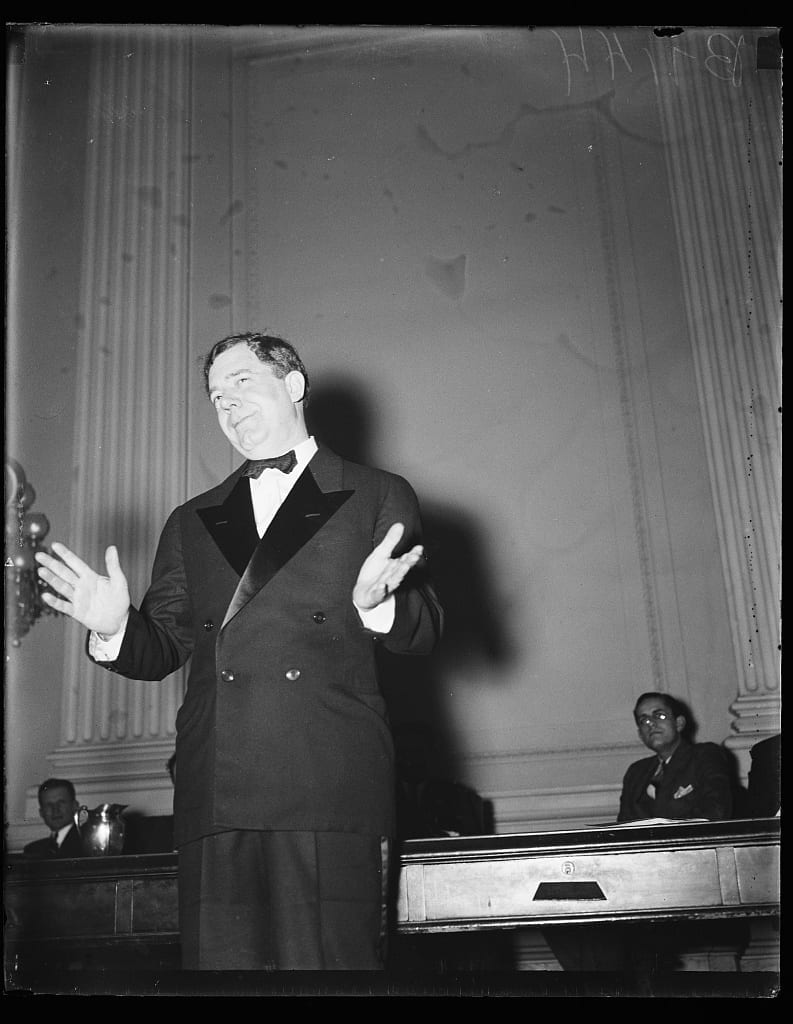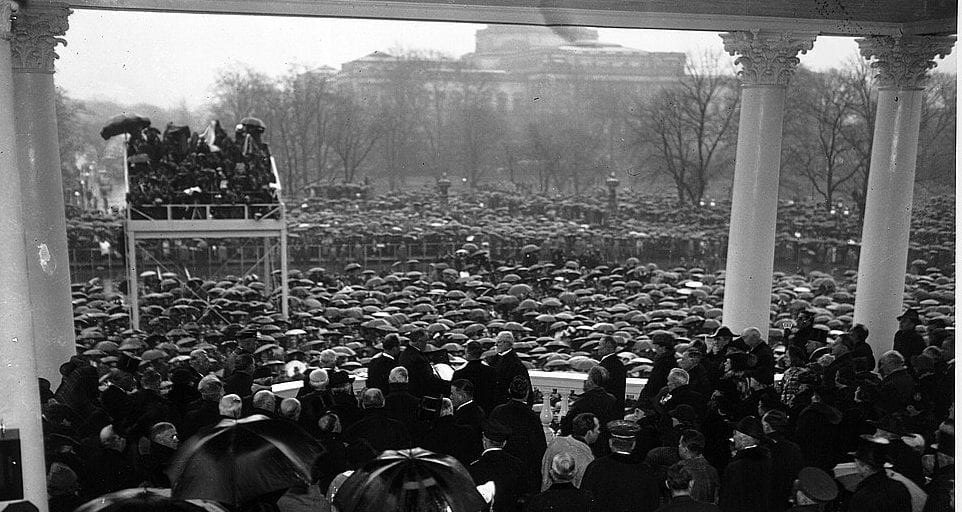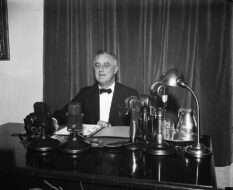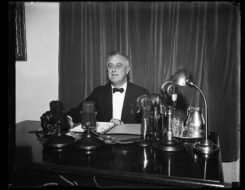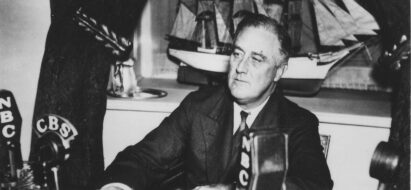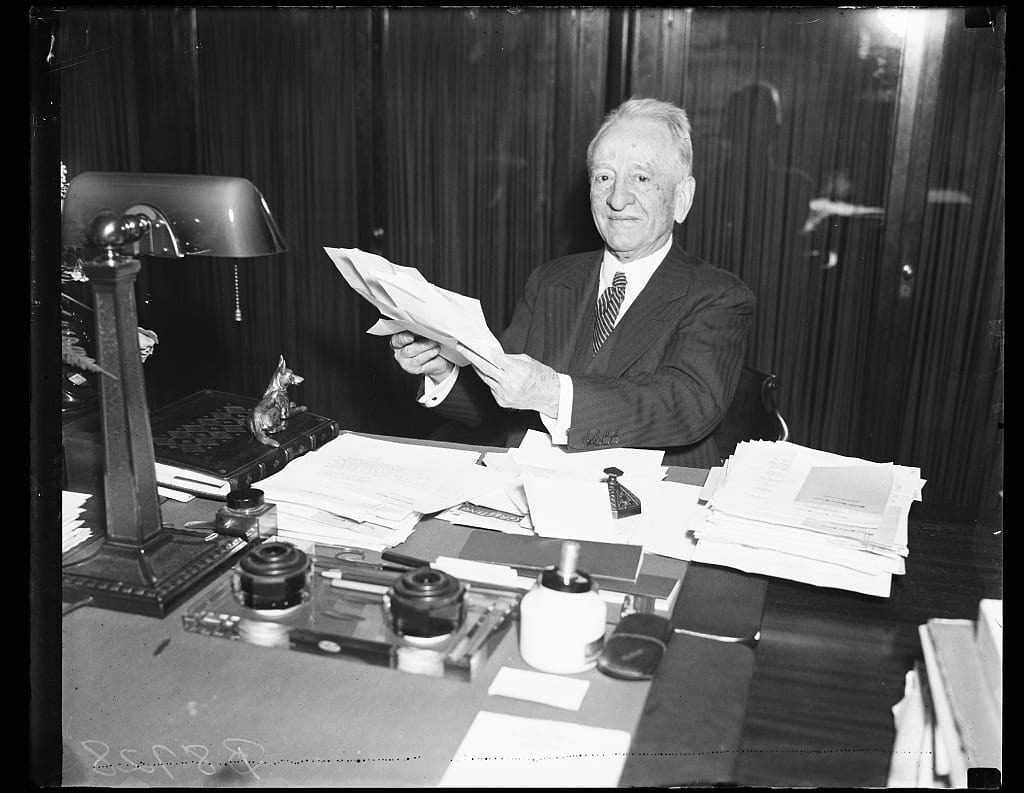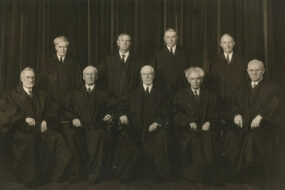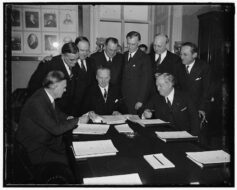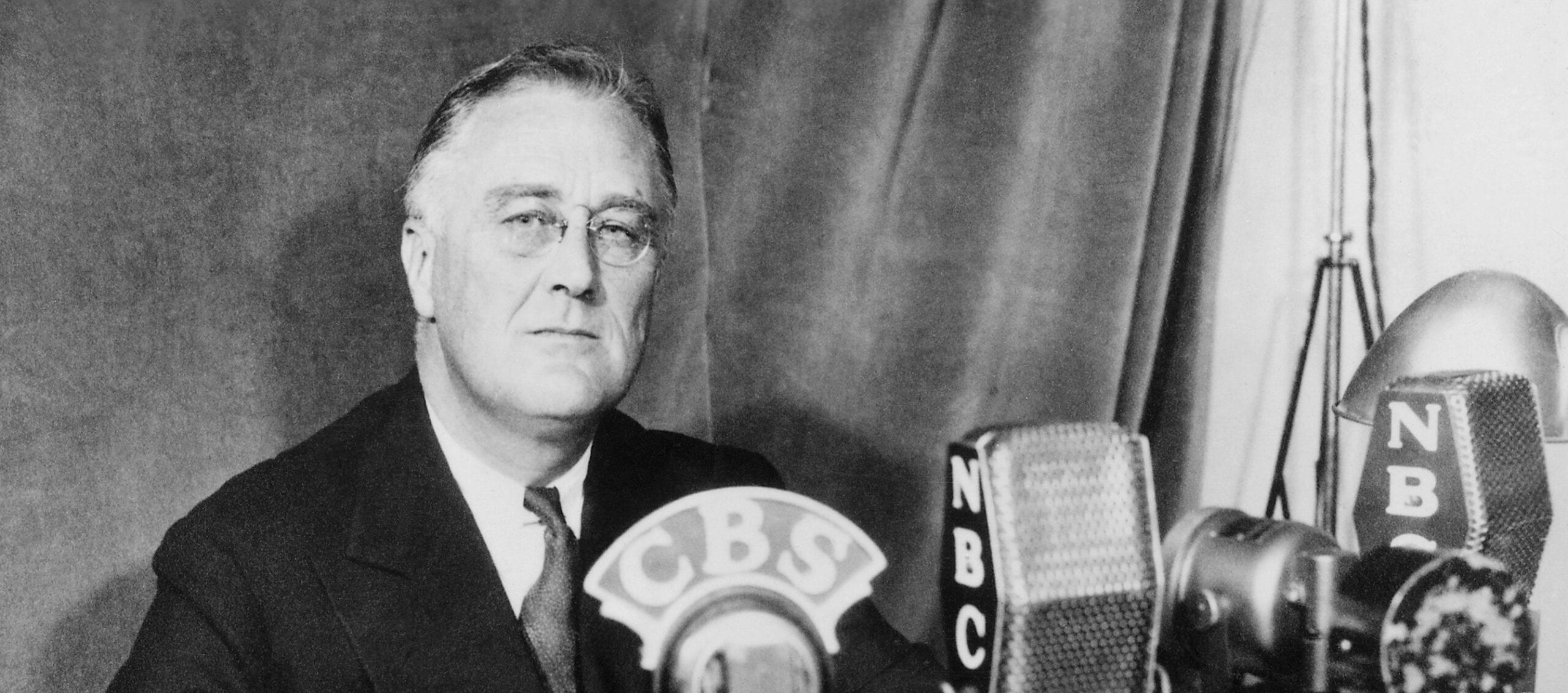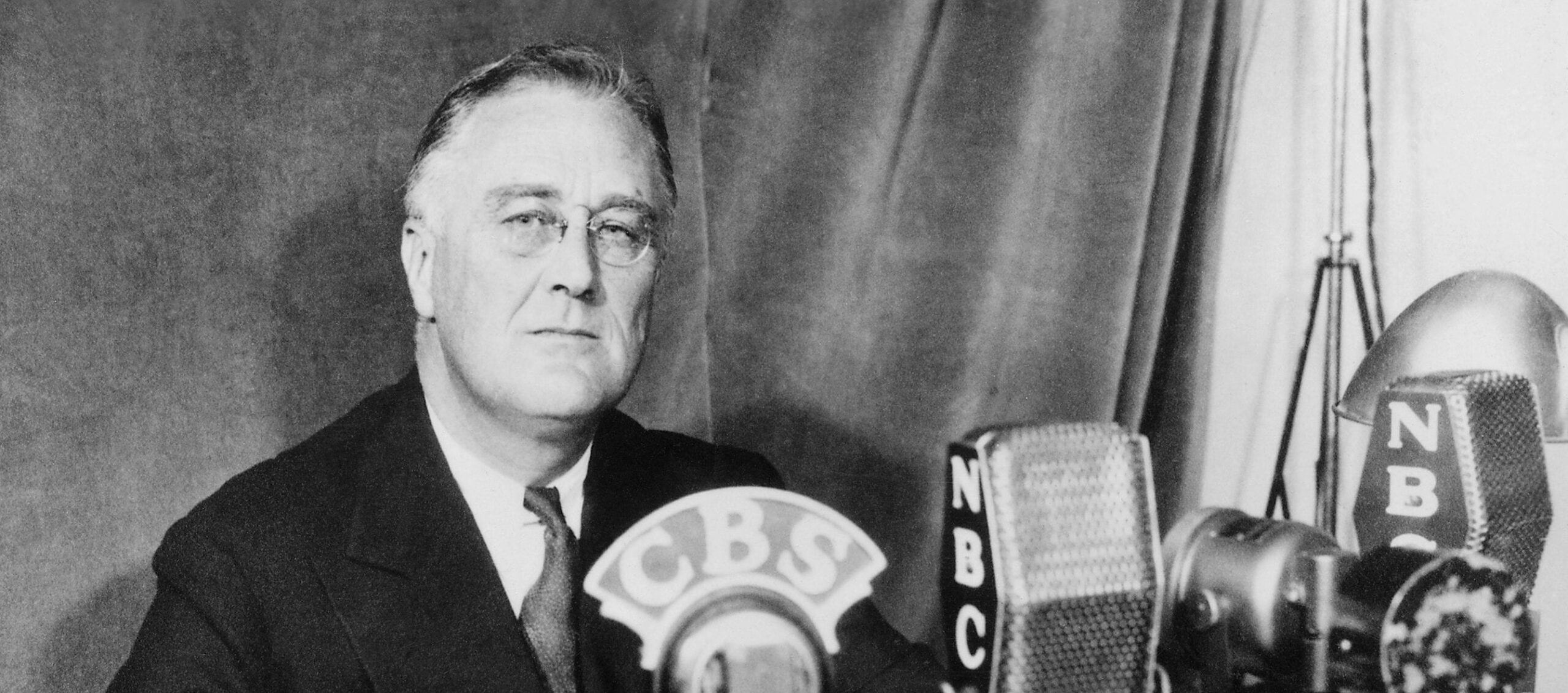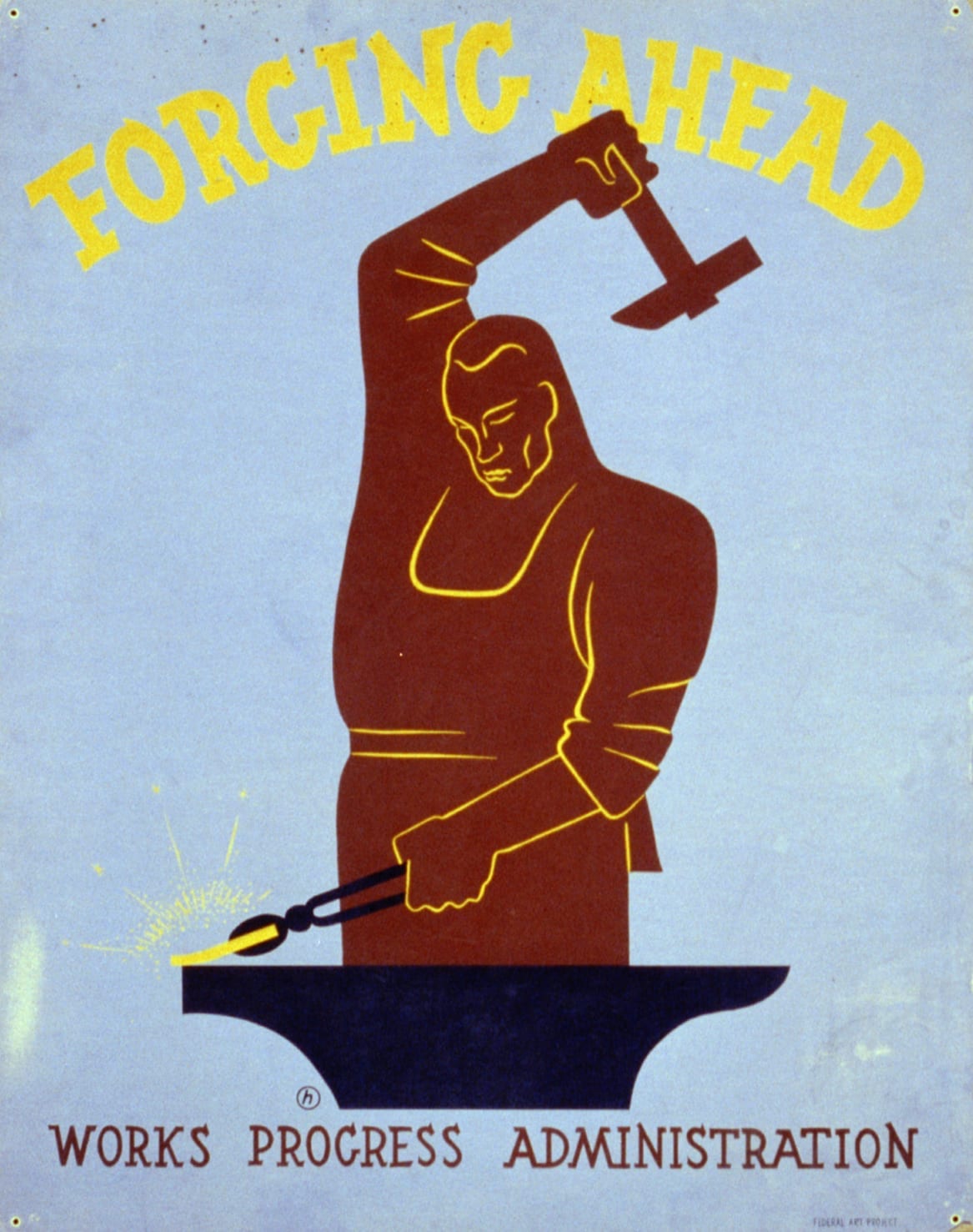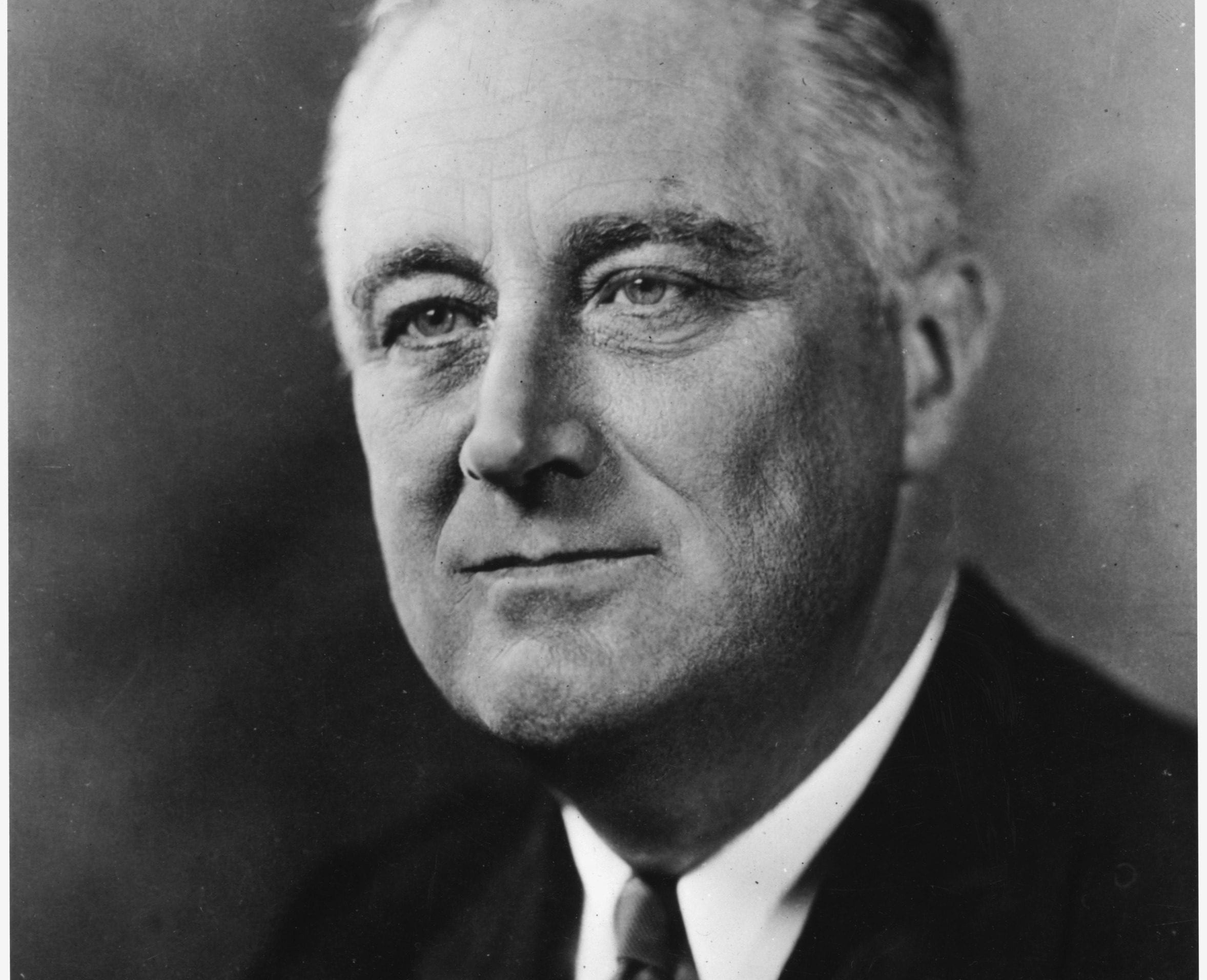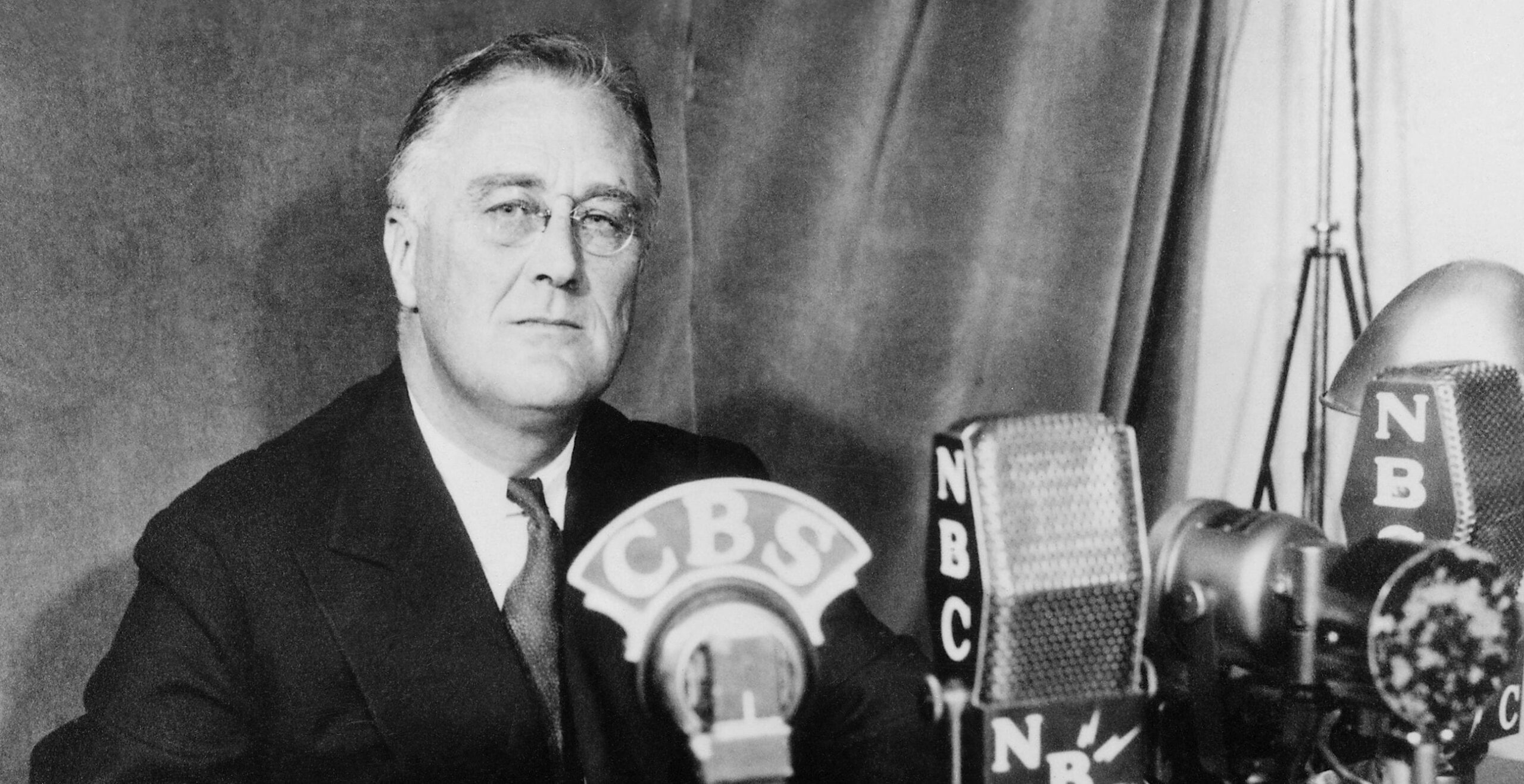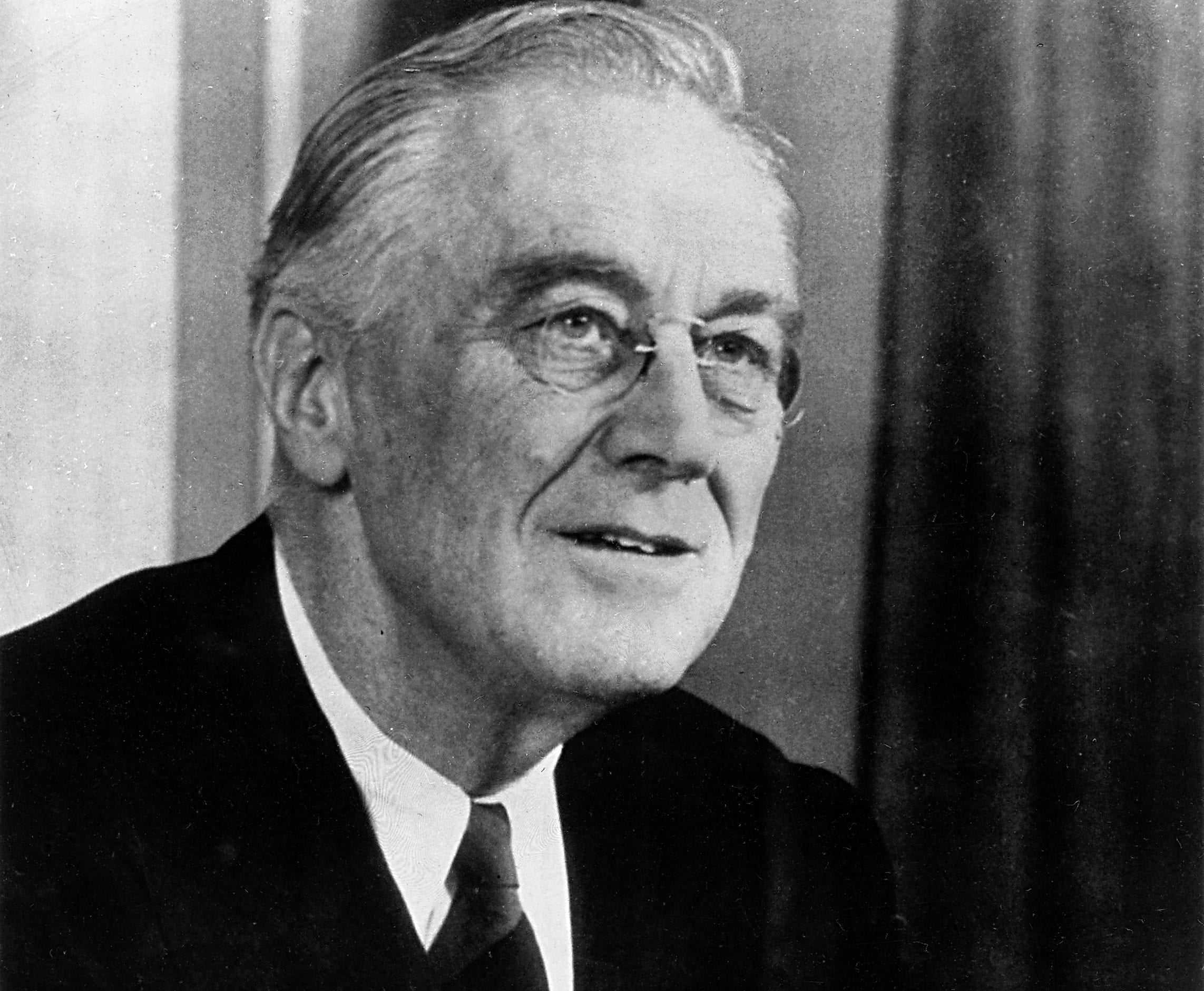
No related resources
Introduction
During the first year and a half of the Depression, most companies stood by the promises they had made to the Hoover administration in November 1929 not to reduce wages. However, by the middle of 1931 business owners concluded that they had no choice but to cut pay for workers, and the response was a wave of serious unrest, with workers in many important industries walking out on strike.
Strikes, of course, were not new, and management in the past had frequently stopped them by finding sympathetic judges who were willing to issue court injunctions charging striking workers with violating the antitrust laws by forming “combinations in restraint of trade,” and ordering them back to work. Employers, furthermore, sought to head off labor unrest by forcing workers to sign so-called “yellow-dog” contracts, in which they pledged not to join a union. But by 1932 striking workers won the sympathy of Congress, as well as that of President Hoover. In March Hoover signed a law sponsored by Sen. George Norris of Nebraska and Rep. Fiorello La Guardia of New York, which forbade courts from using injunctions to break strikes. It also prohibited them from enforcing yellow-dog contracts (signed agreements between employers and employees who, as a condition for being hired, pledged not to join a union). By removing two of the most commonly used methods for stopping labor disputes, the Norris-La Guardia Act paved the way for a much more aggressive organized labor movement in the 1930s.
Source: 29 U.S. Code Title 29, Chapter 6, §101-110, Online from Legal Information Institute, Cornell University Law School. https://www.law.cornell.edu/uscode/text/29/chapter-6.
No court of the United States, as defined in this chapter, shall have jurisdiction to issue any restraining order or temporary or permanent injunction in a case involving or growing out of a labor dispute, except in a strict conformity with the provisions of this chapter; nor shall any such restraining order or temporary or permanent injunction be issued contrary to the public policy declared in this chapter.
In the interpretation of this chapter and in determining the jurisdiction and authority of the courts of the United States, as such jurisdiction and authority are defined and limited in this chapter, the public policy of the United States is declared as follows:
Whereas under prevailing economic conditions, developed with the aid of governmental authority for owners of property to organize in the corporate and other forms of ownership association, the individual unorganized worker is commonly helpless to exercise actual liberty of contract and to protect his freedom of labor, and thereby to obtain acceptable terms and conditions of employment, wherefore, though he should be free to decline to associate with his fellows, it is necessary that he have full freedom of association, self-organization, and designation of representatives of his own choosing, to negotiate the terms and conditions of his employment, and that he shall be free from the interference, restraint, or coercion of employers of labor, or their agents, in the designation of such representatives or in self-organization or in other concerted activities for the purpose of collective bargaining or other mutual aid or protection; therefore, the following definitions of, and limitations upon, the jurisdiction and authority of the courts of the United States are enacted.
Any undertaking or promise, such as is described in this section . . . is declared to be contrary to the public policy of the United States, shall not be enforceable in any court of the United States and shall not afford any basis for the granting of legal or equitable relief by any such court, including specifically the following:
Every undertaking or promise hereafter made, whether written or oral, express or implied, constituting or contained in any contract or agreement of hiring or employment between any individual, firm, company, association, or corporation, and any employee or prospective employee of the same, whereby
(a) Either party to such contract or agreement undertakes or promises not to join, become, or remain a member of any labor organization or of any employer organization; or
(b) Either party to such contract or agreement undertakes or promises that he will withdraw from an employment relation in the event that he joins, becomes, or remains a member of any labor organization or of any employer organization.
No court of the United States shall have jurisdiction to issue any restraining order or temporary or permanent injunction in any case involving or growing out of any labor dispute to prohibit any person or persons participating or interested in such dispute (as these terms are herein defined) from doing, whether singly or in concert, any of the following acts:
(a) Ceasing or refusing to perform any work or to remain in any relation of employment;
(b) Becoming or remaining a member of any labor organization or of any employer organization . . .
(c) Paying or giving to, or withholding from, any person participating or interested in such labor dispute, any strike or unemployment benefits or insurance, or other moneys or things of value;
(d) By all lawful means aiding any person participating or interested in any labor dispute who is being proceeded against in, or is prosecuting, any action or suit in any court of the United States or of any State;
(e) Giving publicity to the existence of, or the facts involved in, any labor dispute, whether by advertising, speaking, patrolling, or by any other method not involving fraud or violence;
(f) Assembling peaceably to act or to organize to act in promotion of their interests in a labor dispute;
(g) Advising or notifying any person of an intention to do any of the acts heretofore specified;
(h) Agreeing with other persons to do or not to do any of the acts heretofore specified; and
(i) Advising, urging, or otherwise causing or inducing without fraud or violence the acts heretofore specified . . .
No court of the United States shall have jurisdiction to issue a restraining order or temporary or permanent injunction upon the ground that any of the persons participating or interested in a labor dispute constitute or are engaged in an unlawful combination or conspiracy because of the doing in concert of the acts enumerated in . . . this title.
No officer or member of any association or organization, and no association or organization participating or interested in a labor dispute, shall be held responsible or liable in any court of the United States for the unlawful acts of individual officers, members, or agents, except upon clear proof of actual participation in, or actual authorization of, such acts, or of ratification of such acts after actual knowledge thereof.
No court of the United States shall have jurisdiction to issue a temporary or permanent injunction in any case involving or growing out of a labor dispute, as defined in this chapter, except after hearing the testimony of witnesses in open court (with opportunity for cross-examination) in support of the allegations of a complaint made under oath, and testimony in opposition thereto, if offered, and except after findings of fact by the court, to the effect—
(a) That unlawful acts have been threatened and will be committed unless restrained or have been committed and will be continued unless restrained, but no injunction or temporary restraining order shall be issued on account of any threat or unlawful act excepting against the person or persons, association, or organization making the threat or committing the unlawful act or actually authorizing or ratifying the same after actual knowledge thereof;
(b) That substantial and irreparable injury to complainant’s property will follow;
(c) That as to each item of relief granted greater injury will be inflicted upon complainant by the denial of relief than will be inflicted upon defendants by the granting of relief;
(d) That complainant has no adequate remedy at law; and
(e) That the public officers charged with the duty to protect complainant’s property are unable or unwilling to furnish adequate protection.
Such hearing shall be held after due and personal notice thereof has been given, in such manner as the court shall direct, to all known persons against whom relief is sought, and also to the chief of those public officials of the county and city within which the unlawful acts have been threatened or committed charged with the duty to protect complainant’s property . . . .
No restraining order or injunctive relief shall be granted to any complainant who has failed to comply with any obligation imposed by law which is involved in the labor dispute in question, or who has failed to make every reasonable effort to settle such dispute either by negotiation or with the aid of any available governmental machinery of mediation or voluntary arbitration. . . .
The Forgotten Man
April 07, 1932
Conversation-based seminars for collegial PD, one-day and multi-day seminars, graduate credit seminars (MA degree), online and in-person.
